Shows
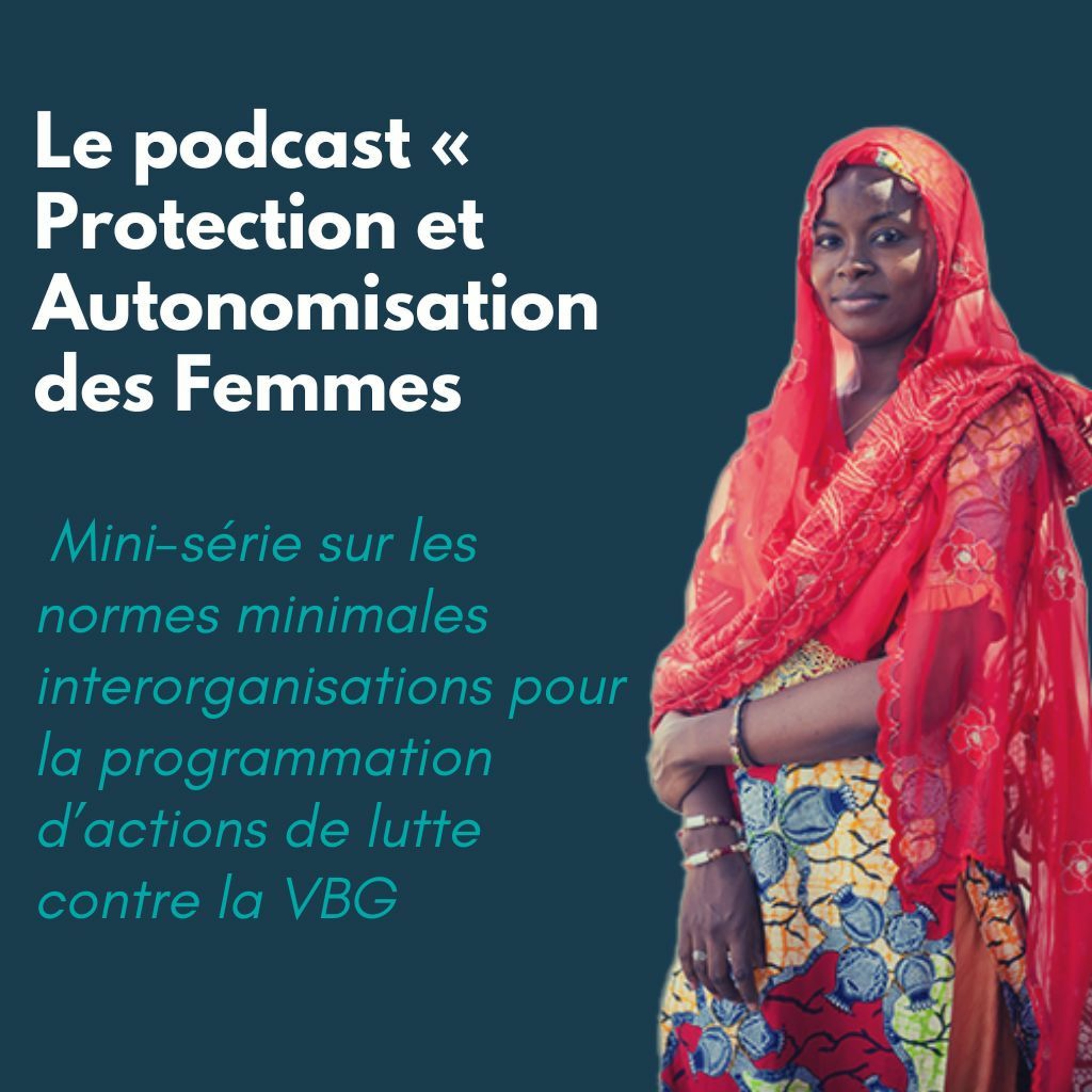
Women's Protection and EmpowermentMini-série sur les normes minimales pour la programmation d’actions de lutte contre la VBG: Norme 16Esther, Camille et l'équipe organisent une session d'apprentissage pour examiner les tendances de leur système d'information de gestion des cas, le GBVIMS. Elles discutent de la manière dont ces données peuvent s'appliquer au programme.
Dans cet épisode, l'accent est mis sur la norme 16 des Normes minimales interorganisations pour la programmation d'actions de lutte contre la VBG dans les situations d'urgence, selon laquelle « les informations recueillies de manière éthique et sûre sont utilisées pour améliorer la qualité des programmes de lutte contre la VBG et la redevabilité envers les femmes et les filles. »
Cette mini-sér...
2023-05-1807 min
Women's Protection and EmpowermentMini-série sur les normes minimales pour la programmation d’actions de lutte contre la VBG: Norme 14Claudine se renseigne sur le système de gestion de l'information sur les violences basées sur le genre (GBVIMS). Esther lui explique que c'est le système qui est utilisé pour la gestion des cas car il est conforme aux normes mondialement reconnues en matière de gestion des données des survivantes. Claudine demande à Esther ce qui se passe si quelqu'un réclame des données sur la gestion des cas. Esther lui répond qu'il y a des protocoles en place pour gérer cela et s'assurer que les informations des survivantes sont sécurisées. Elle lui explique...
2023-05-1707 min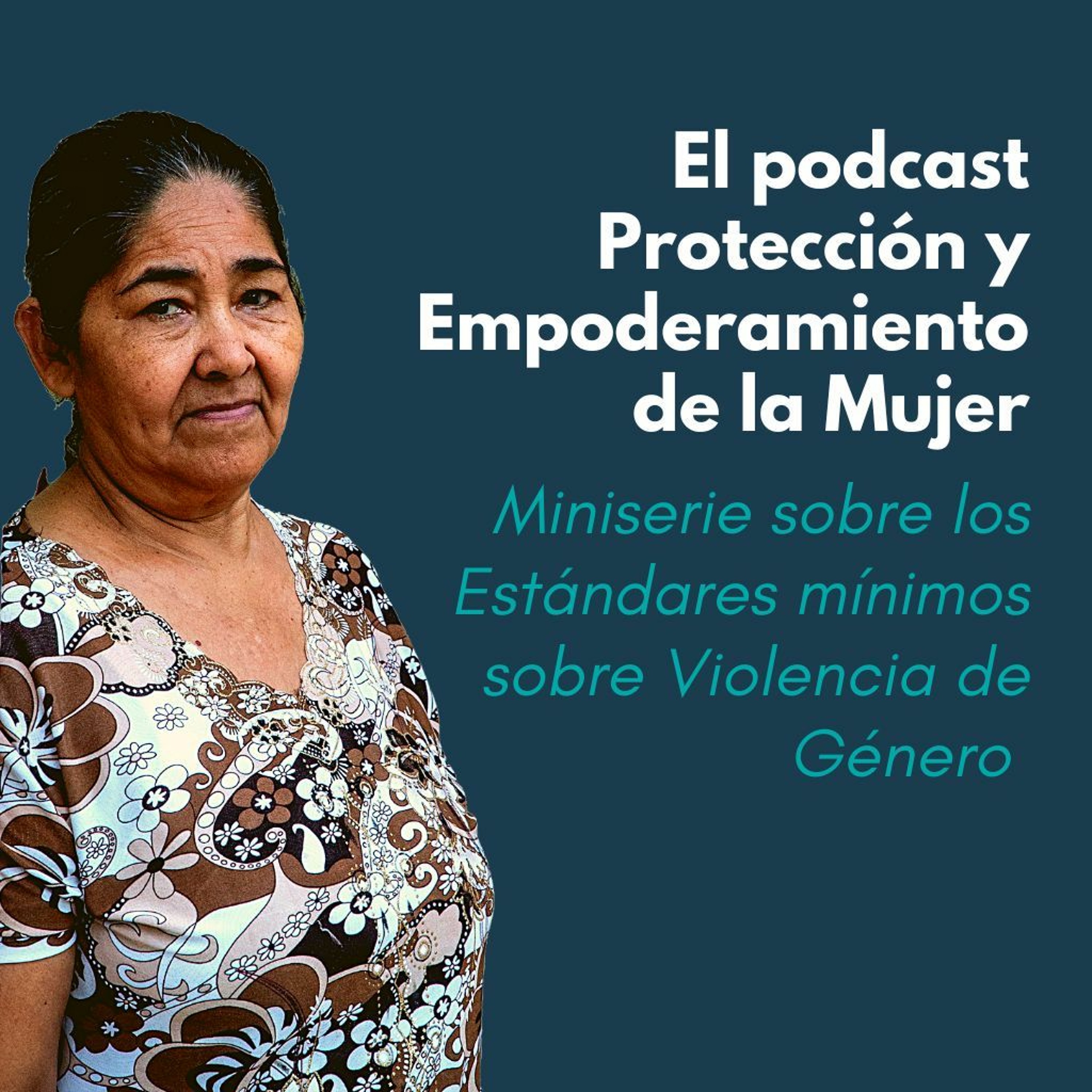
Women's Protection and EmpowermentMiniserie sobre los Estándares mínimos sobre Violencia de Género - Estándar 16Elena, Catalina y las demás integrantes del equipo llevan a cabo una jornada de aprendizaje para analizar las tendencias observadas en el GBVIMS, —sistema de gestión de la información de casos—, y decidir cómo usar estos datos para mejorar el programa.
Este episodio presenta el estándar nº 16 de los estándares mínimos interagenciales para los programas que abordan la violencia de género en situaciones de emergencia. Según este estándar, “la información, que se debe recopilar de forma ética y segura, debe ser usada para mejorar la calidad de los programas contra la VG y gara...
2023-02-0307 min
Women's Protection and EmpowermentMiniserie sobre los Estándares mínimos sobre Violencia de Género - Estándar 14Dalia está aprendiendo sobre el Sistema de Gestión de la Información sobre Violencia de Género (GBVIMS). Elena le explica que este es el sistema que utilizan para la gestión de los casos porque cumple con los estándares internacionales de gestión de datos de sobrevivientes. Dalia le pregunta qué hay que hacer si alguien pide información sobre la gestión de algún caso. Elena le indica que existen protocolos para garantizar la seguridad de la información de las personas sobrevivientes. También le explica cuáles podrían ser los riesgos si esta informació...
2023-02-0308 min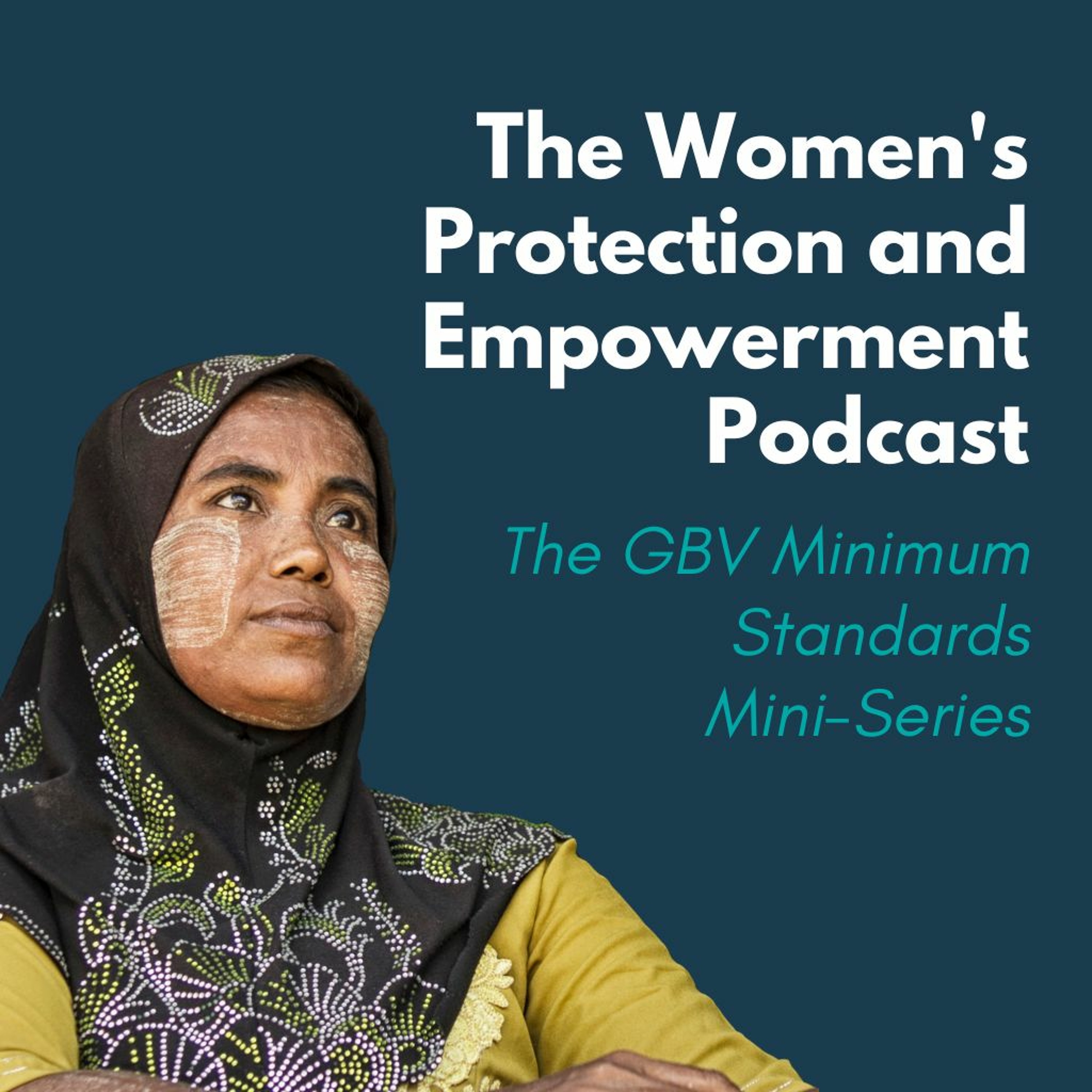
Women's Protection and EmpowermentSPECIAL MINI-SERIES: GBV Minimum Standards - Standard 16Esther, Jane, and the team conduct a learning session to look at trends from their case management information system, the GBVIMS. They talk about how this data can apply to the program.
In this episode, the focus is on Standard 16 of The Inter-Agency Minimum Standards for Gender-Based Violence in Emergencies Programming, that “Information collected ethically and safely is used to improve the quality of GBV programs and accountability to women and girls.”
The Gender-Based Violence Minimum Standards Mini-Series is presented by International Rescue Committee, and hosted on the Women’s Protection and Empowerment podcast.
This podcast is made possible by the ge...
2022-10-2307 min
Women's Protection and EmpowermentSPECIAL MINI-SERIES: GBV Minimum Standards - Standard 14Dalia is learning about the Gender-Based Violence Information Management System (GBVIMS). Esther tells her this is the system they use for case management because it’s in line with globally recognized standards on survivor data management. Dalia asks Esther what happens if someone asks for case management data. Esther tells her they have protocols to manage that and make sure survivor information is safe. She also explains to her the risks if data is exposed.
In this episode, the focus is on Standard 14 of The Inter-Agency Minimum Standards for Gender-Based Violence in Emergencies Programming, that “Survivor data are managed with surv...
2022-10-2306 min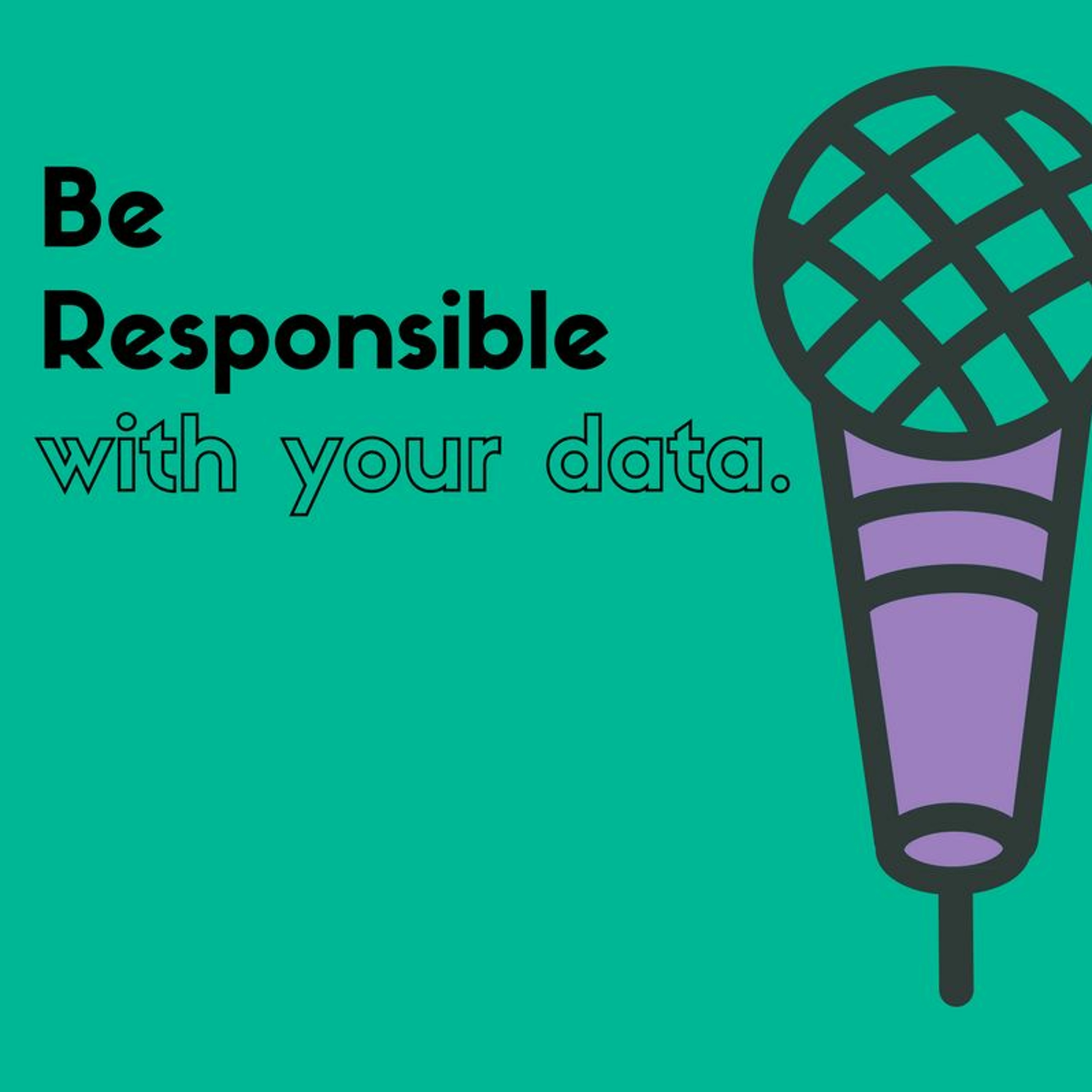
GBVIMSThe Art (Literally) of AnalysisIn this episode, we talk about all things art -- err data -- or both. Where do art and data intersect? How? And what beautiful messages can we convey when we mix the two? Hear from Shirley Wu, a creative, who worked with IRC this year to visualize data about the felt stigma of GBV survivors.
Interested in learning more about data art/the art of visualization, check out these resources:
- Shirleywu.studio
- Data Sketches by Nadieh Bremer and Shirley Wu
- How we can find ourselves with data, TED talk by Giorgia Lupi
- https://lisacharlottemuth.com...
2021-10-1538 min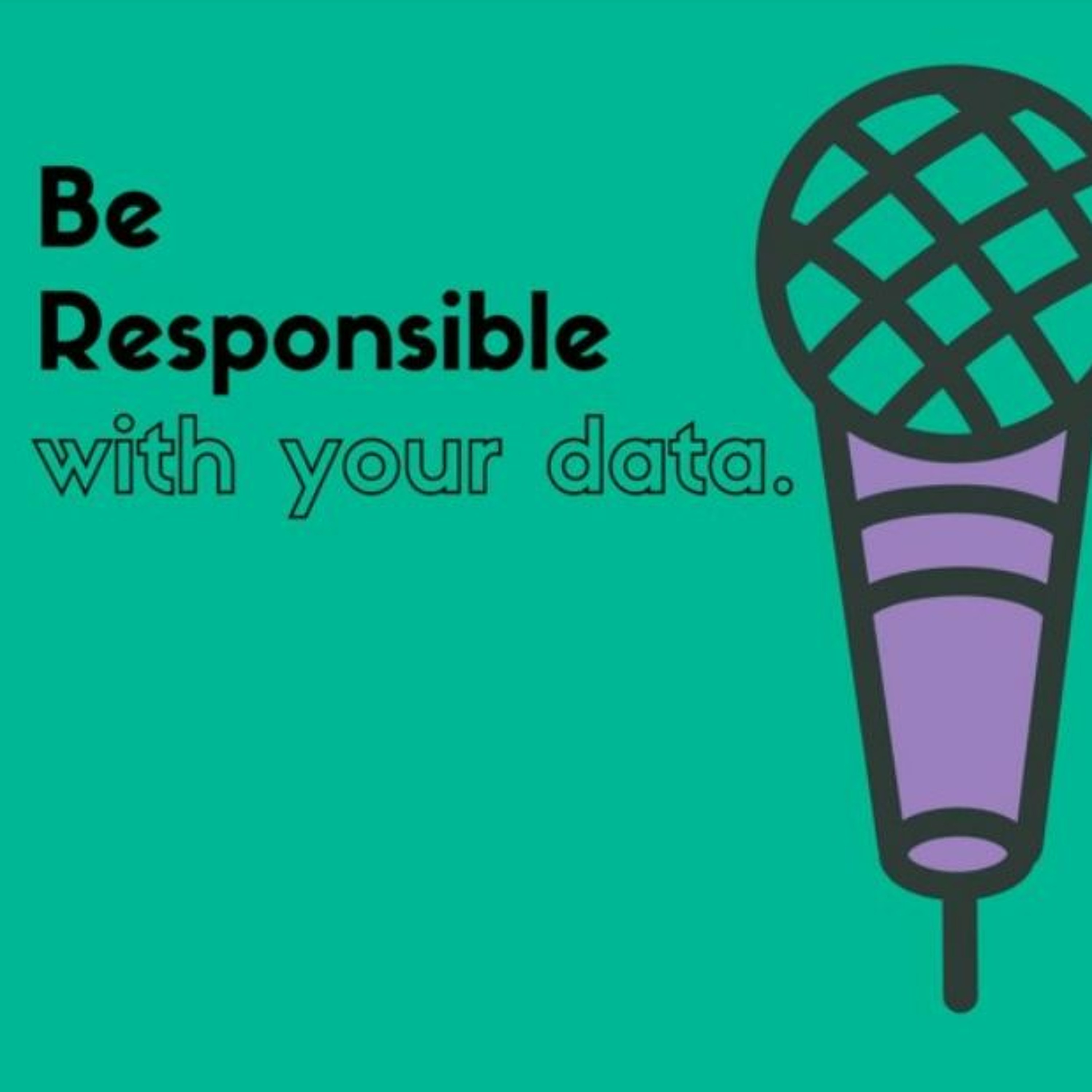
GBVIMSHow can we take a holistic approach to GBV case management and information management?Join Kristy Crabtree (IRC) and Virginia Zuco (UNICEF) as they discuss the newly available resource, the GBVIMS+ Case Management Companion Guide. This new, holistic guidance complements the GBVIMS+ and explicitly links GBV case management and information management as it builds upon the Inter-Agency GBV Case Management Guidelines. Designed to accompany the GBVIMS+ User Guide, this resource highlights the functionalities in GBVIMS+ that facilitate GBV case management service provision, supervision, and monitoring the quality of GBV case management services.
This episode is cross-posted on the Women's Protection and Empowerment podcast.
2021-08-2419 min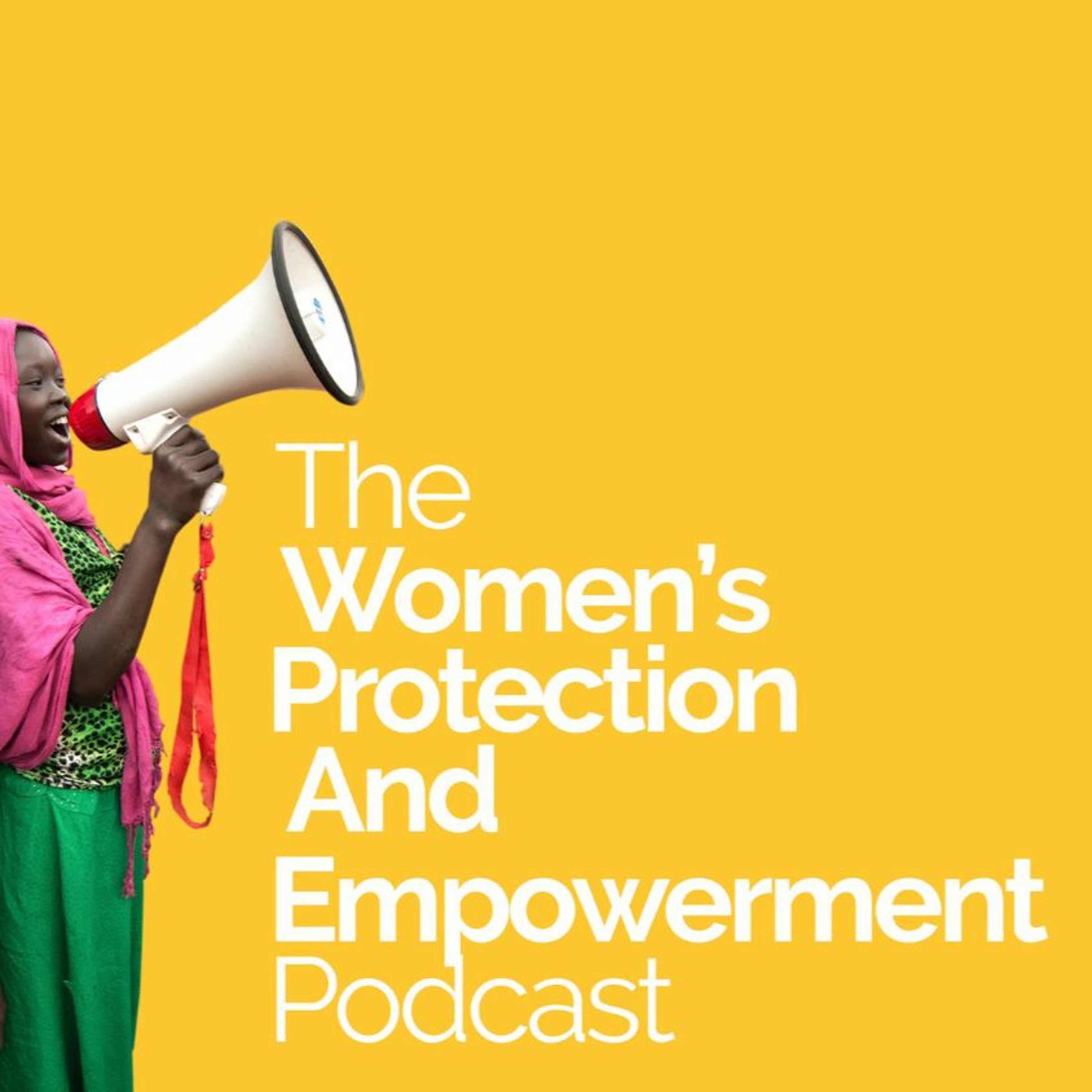
Women's Protection and EmpowermentWhat does a holistic approach to GBV case and information management look like?In this episode, Kristy Crabtree (IRC) and Virginia Zuco (UNICEF) discuss the newly available resource, the GBVIMS+ GBV Case Management Companion Guide. This new, holistic guidance complements the GBVIMS+ and explicitly links GBV case management and information management as it builds upon the Inter-Agency GBV Case Management Guidelines. Designed to accompany the GBVIMS+ User Guide, this resource highlights the functionalities in GBVIMS+ that facilitate GBV case management service provision, supervision, and monitoring the quality of GBV case management services.
2021-08-2420 min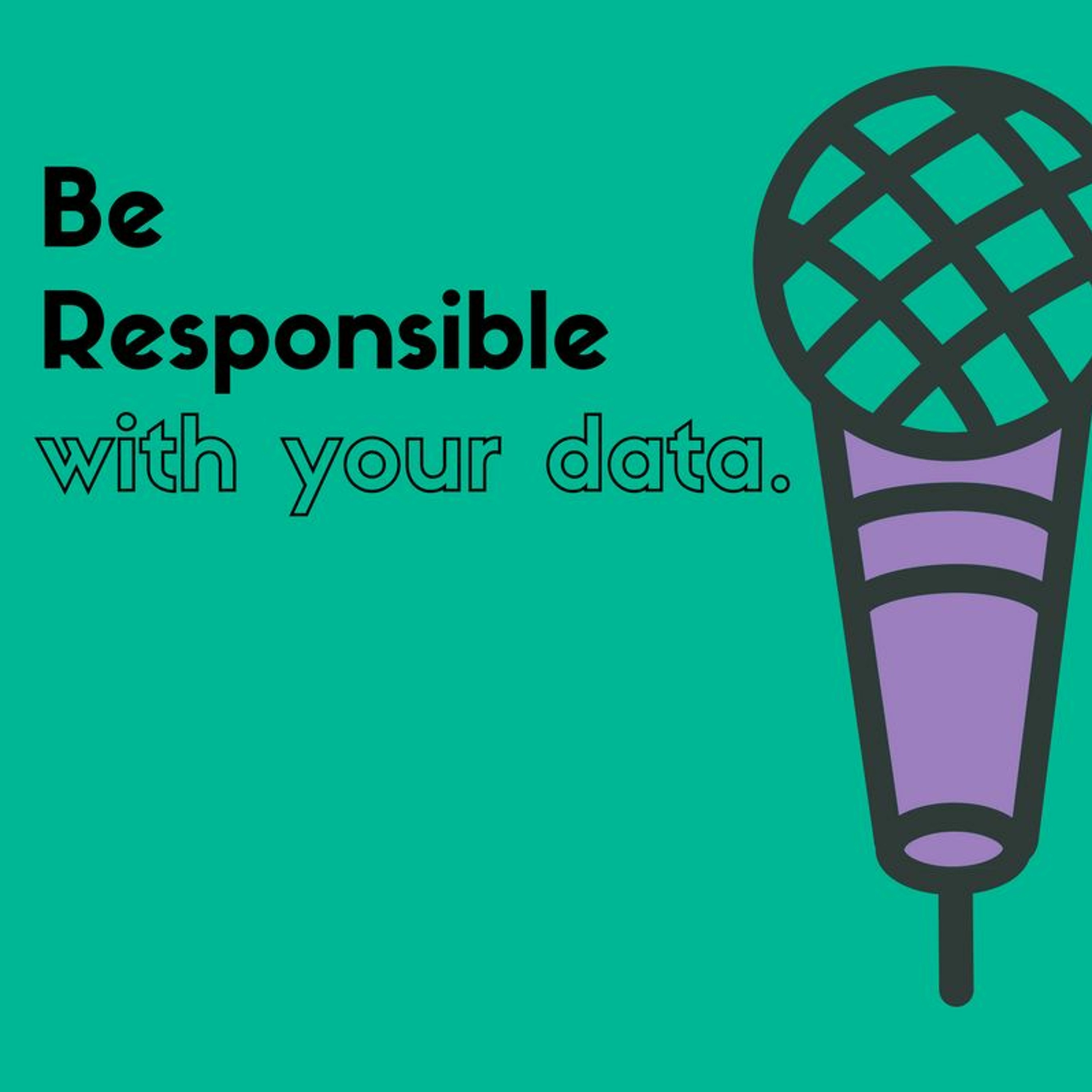
GBVIMSHow can we remake the world with data? Data Feminism in Humanitarian ContextsMeet the Author! In this episode, we speak with one of the authors of Data Feminism, Professor Catherine D'Ignazio, Director of the Data + Feminism lab at MIT. We talk about the difficulty of "converting life experience into data," about putting the humanity and emotion back into data, and "how we can use data to remake the world."
This episode is cross-posted on the Women's Protection and Empowerment podcast.
Thanks to Megan O'Brien for production support on this episode.
Learn more about Data Feminism: https://mitpress.mit.edu/books/data-feminism
2021-02-0239 min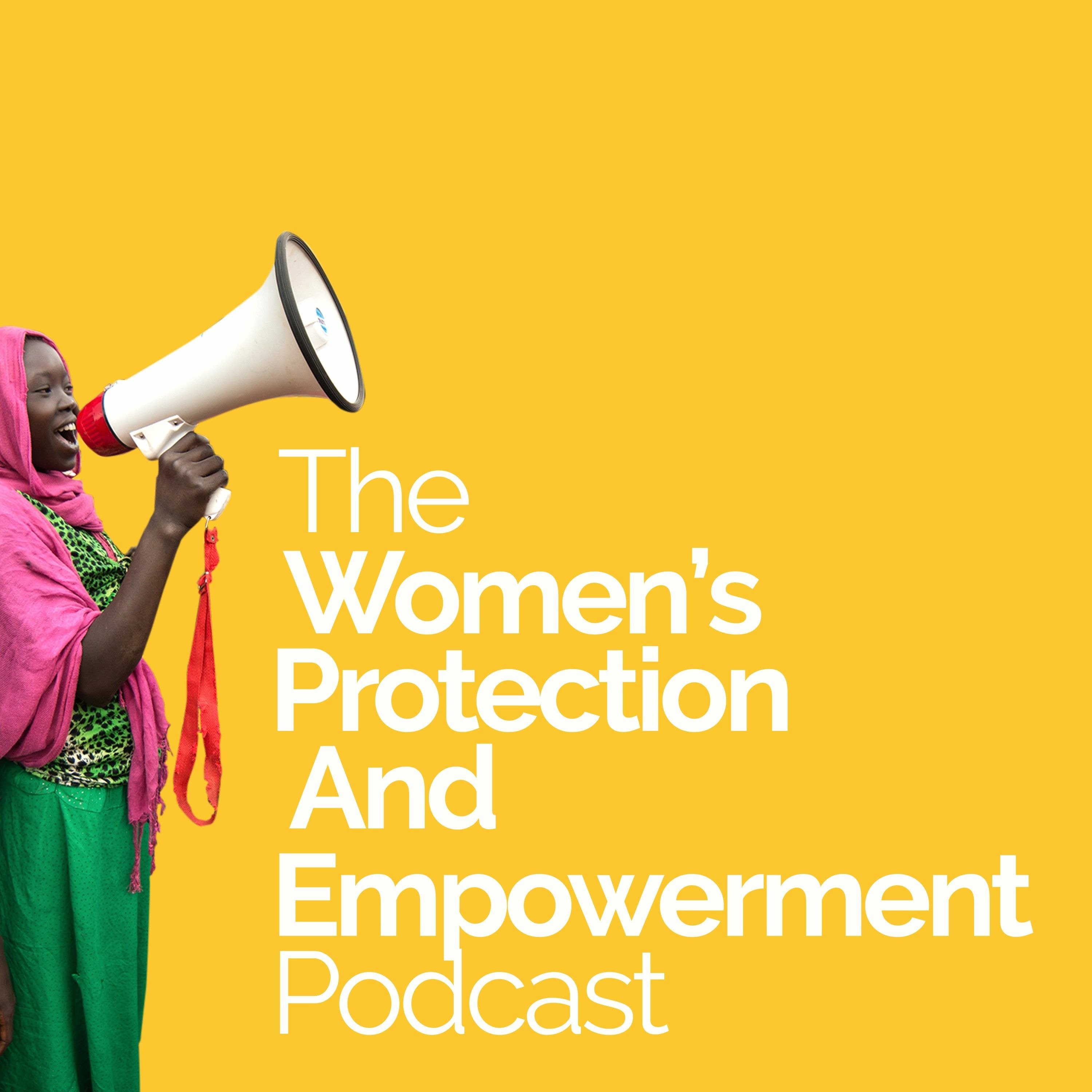
Women's Protection and EmpowermentHow can we remake the world with data? Data Feminism in Humanitarian ContextsMeet the Author! In this episode, we speak with one of the authors of Data Feminism, Professor Catherine D'Ignazio, Director of the Data + Feminism lab at MIT. We talk about the difficulty of "converting life experience into data," about putting the humanity and emotion back into data, and "how we can use data to remake the world."
This episode is cross-posted on the GBVIMS podcast.
Thanks to Megan O'Brien for production support on this episode.
Learn more about Data Feminism: https://mitpress.mit.edu/books/data-feminism
2021-02-0239 min
GBVIMSIntersections between GBV Risk Mitigation and the GBVIMSThis episode explores how the GBVIMS intersects with risk mitigation and the work of other non-GBV sectors. Our guest speaker is Sonia Rastogi who has long-lasting experience working on risk mitigation and speaks about her work on the GBV guidelines and other initiatives she has been leading on.
Cet épisode explore quelles sont les intersections entre le GBVIMS et la réduction des risques VBG et le travail des acteurs non spécialisés en VBG. Notre invité est Sonia Rastogi qui a une longue expérience dans son travail sur la réduction des risques. Elle parle de son travail...
2020-06-0925 min
GBVIMSGBVIMS, gestion de cas et COVID-19: Adapter les systèmes de référencementCet épisode fait partie d'une série de courtes vidéos et podcasts sur la gestion à distance des cas de violences basées sur le genre (VBG) dans le contexte du COVID-19. Nous expliquons pourquoi les systèmes de référencement doivent être actualisés en période de COVID-19; les éléments clés à prendre en compte lors de l'évaluation des capacités organisationnelles et du contexte; et le développement et la dissémination du système de référencement.
2020-04-2716 min
GBVIMSBVIMS, gestion de cas et COVID-19: Supervision et soutien du personnelCet épisode fait partie d'une séries de courtes vidéos et podcasts sur la gestion à distance des cas de violences basées sur le genre (VBG) dans le contexte du COVID-19. Assurer le suivi de la qualité de vos soins et services de gestion de cas est une obligation éthique. Durant cet épisode, nous parlons des trois moyens principaux de suivre cette qualité : les enquêtes de satisfaction auprès des survivantes, les vérifications des dossiers personnels, et la supervision continue des travailleurs sociaux, ainsi que l'adaptation de a supervision de la gestion de cas pour fournir un soutien à di
2020-04-2712 min
GBVIMSGBVIMS, gestion de cas et COVID-19: Documentation et confidentialitéCet épisode fait partie d'une séries de courtes vidéos et podcasts sur la gestion à distance des cas de violences basées sur le genre (VBG) dans le contexte du COVID-19. Les services de prise en charge ne s’effectuent désormais plus dans des espaces sûrs, mais à distance, par téléphone, ce qui a une incidence sur la façon de gérer la confidentialité et la documentation des cas de violence liée au genre. Dans cet épisode, nous abordons la confidentialité et la documentation.
2020-04-2712 min
GBVIMSGBVIMS, gestion de cas et COVID-19: Appel d’urgence : Que dire ? Comment le dire ?Cet épisode fait partie d'une série de courtes vidéos et podcasts sur la gestion à distance des cas de violences basées sur le genre (VBG) dans le contexte du COVID-19. Cet épisode présente comment prendre en charge un appel d’urgence reçu sur un numéro d'écoute (ou hotline) destiné aux survivantes de VBG: Les principes directeurs à suivre pour répondre aux appels d'urgence; les différents profils des personnes susceptibles d'appeler et une liste des informations et documents à réunir avant de répondre à un appel; et les différences entre la gestion de cas par téléphone et...
2020-04-2721 min
GBVIMSGBVIMS, Gestion de Cas et COVID-19: Élaboration d'un plan de sécuritéCet épisode fait partie d'une séries de courtes vidéos et podcasts sur la gestion à distance des cas de violences basées sur le genre (VBG) dans le contexte du COVID-19. Cet épisode présente comment la planification de la sécurité sera menée par téléphone avec les survivantes dont la sécurité est menacée, en particulier pour les survivants de la violence exercée par un partenaire intime.
2020-04-2710 min
GBVIMSGBVIMS, Gestion de Cas et COVID-19: Conditions préliminaires pour une prise en charge à distanceCet épisode fait partie d'une séries de courtes vidéos et podcasts sur la gestion à distance des cas de violences basées sur le genre (VBG) dans le contexte du COVID-19. Cette première épisode couvre les conditions préliminaires pour faire la transition vers une prise en charge à distance (par téléphone) des cas de VBG: QUAND considérer la gestion à distance des cas; QUE faut-il pour faire une transition vers une prise en charge à distance; et QUI doit le faire.
2020-04-2711 min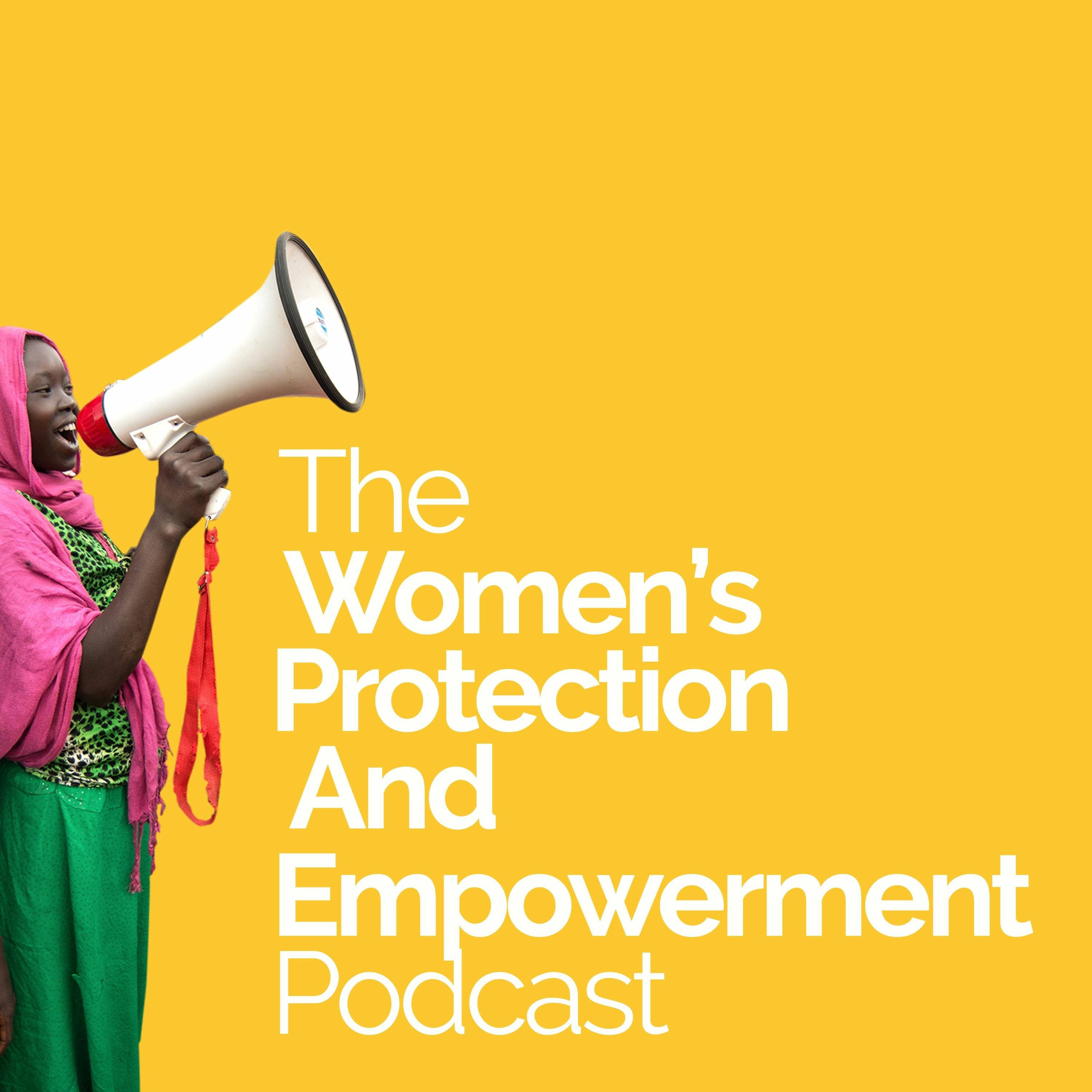
Women's Protection and EmpowermentGetting the response right: safety, services and solidarity for women in girls during COVIDIn this episode, we're dedicating space to talk about the realities for women and girls and GBV programs when it comes to Covid-19. Everywhere where IRC operates from Lesvos, Greece, to Al Hol, Syria, to Turkana, Kenya, to Mae Sot, Thailand, to NY, USA has been affected. We a global round table, we talked about risks to women and adolescent girls, how are program are adapting, what resources are available, and how this is changing norms.
Here are the resources referenced in this episode:
- Women and Girls Safe Spaces: Technical Guidance Note for COVID-19 -IRC, IMC, NCA: https://gbvaor...
2020-04-2329 min
GBVIMSCOVID-19 Series: Remote Supervision and Staff CareThis episode presents strategies on how to adapt supervision and staff care remotely in the context of the COVID-19 response where supervisors are unlikely to be physically present where caseworkers are providing services.
2020-04-1411 min
GBVIMSCOVID-19 Series: Confidentiality and documentationWhen shifting case management services from safe spaces to remote service delivery over the phone, this will have an implication on how to manage confidentiality, and the documentation of GBV cases. This episode presents strategies on how this adaptation can be managed and what organisations need to consider.
2020-04-1411 min
GBVIMSCOVID-19 Series: Safety planning with survivors over the phoneThis episode presents how safety planning will be conducted over the phone with survivors whose safety is at risk, particularly for survivors of intimate partner violence.
2020-04-1407 min
GBVIMSCOVID-19 Series: Taking a crisis call – what to say and how to say itThis episode covers the guiding principles for taking crisis calls, profiles of the types of people who will call you, a checklist of things you must have ready before you take a call, and how crisis GBV case management on the phone will differ from face to face.
2020-04-1422 min
GBVIMSCOVID-19 Series: Pre-requisites to shift to remote case management over the phoneThis episode outlines when to consider remote GBV case management, what you need to shift to remote case management and who should provide it.
2020-04-1410 min
GBVIMSCOVID-19 Series: Updating referral pathwaysThis episode aims to provide practical support to GBV service providers, as well as the inter-agency GBV coordination body in country (e.g. GBV sub-sector or cluster) to adapt their referral pathways in response to the COVID-19 Pandemic.
2020-04-1416 min
GBVIMSCOVID-19 Series: COVID-19, the GBVIMS, and Case Management Data Management and StorageThis episode kicks off a new series dedicated to the current COVID-19 pandemic. The GBVIMS technical team discusses how COVID-19-related restrictions and lockdowns impact the GBVIMS and case management data collection and storage. In addition, we discuss how our new digital platform, Primero/GBVIMS+, can allow service providers to continue delivering lifesaving case management services to GBV survivors.
2020-04-1418 min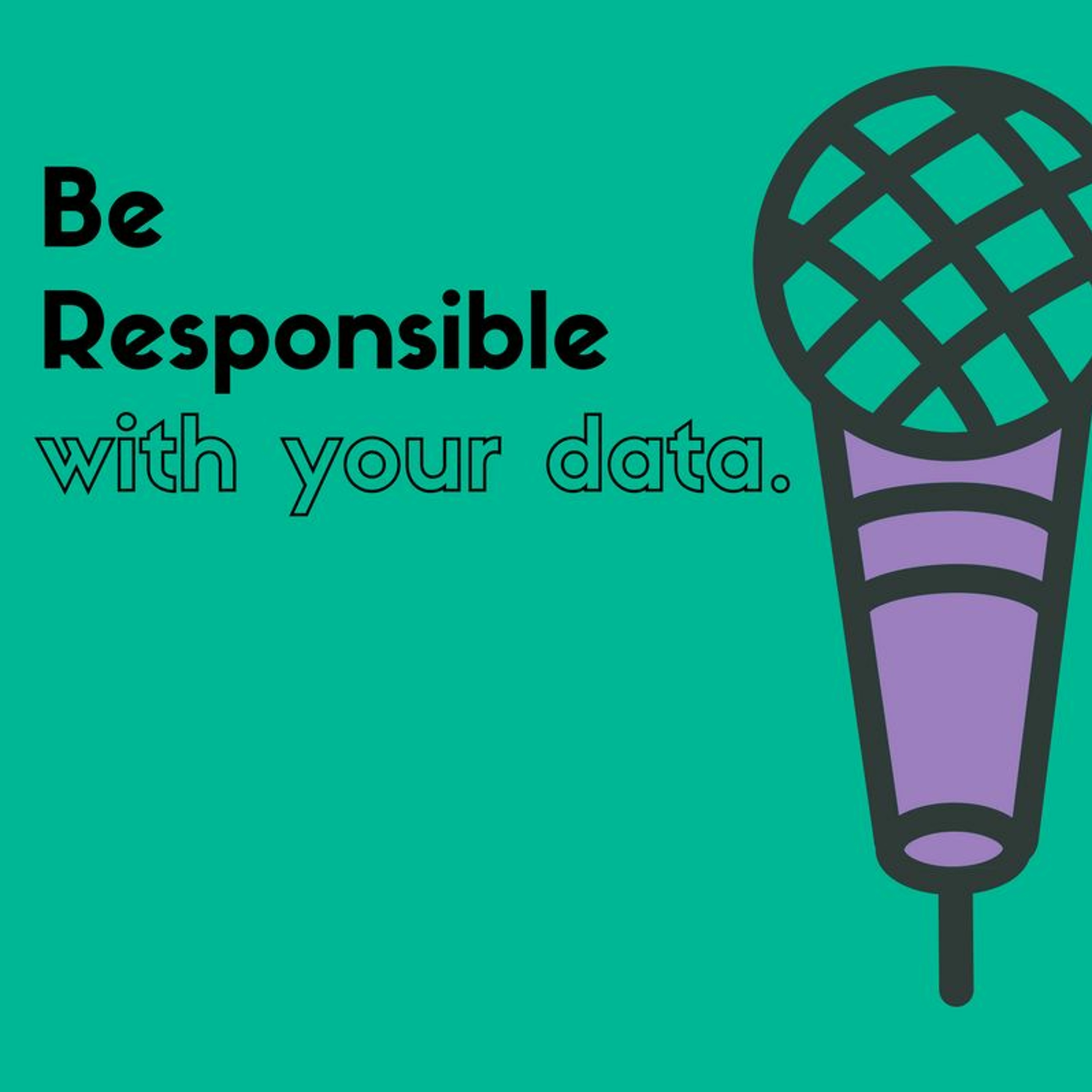
GBVIMSWhat's the danger with misinterpreting GBV data?Even with the best intentions, any data source is vulnerable to misinterpretation. Be it from statistical omission, lack of context or the absence of subject matter expertise, this can lead to misunderstanding the situation as well as misinformed decision making. In this episode, we talk with current and past members of the GBVIMS global team to uncover these opportunities for misinterpretation and ways to avoid it altogether.
2020-01-0231 min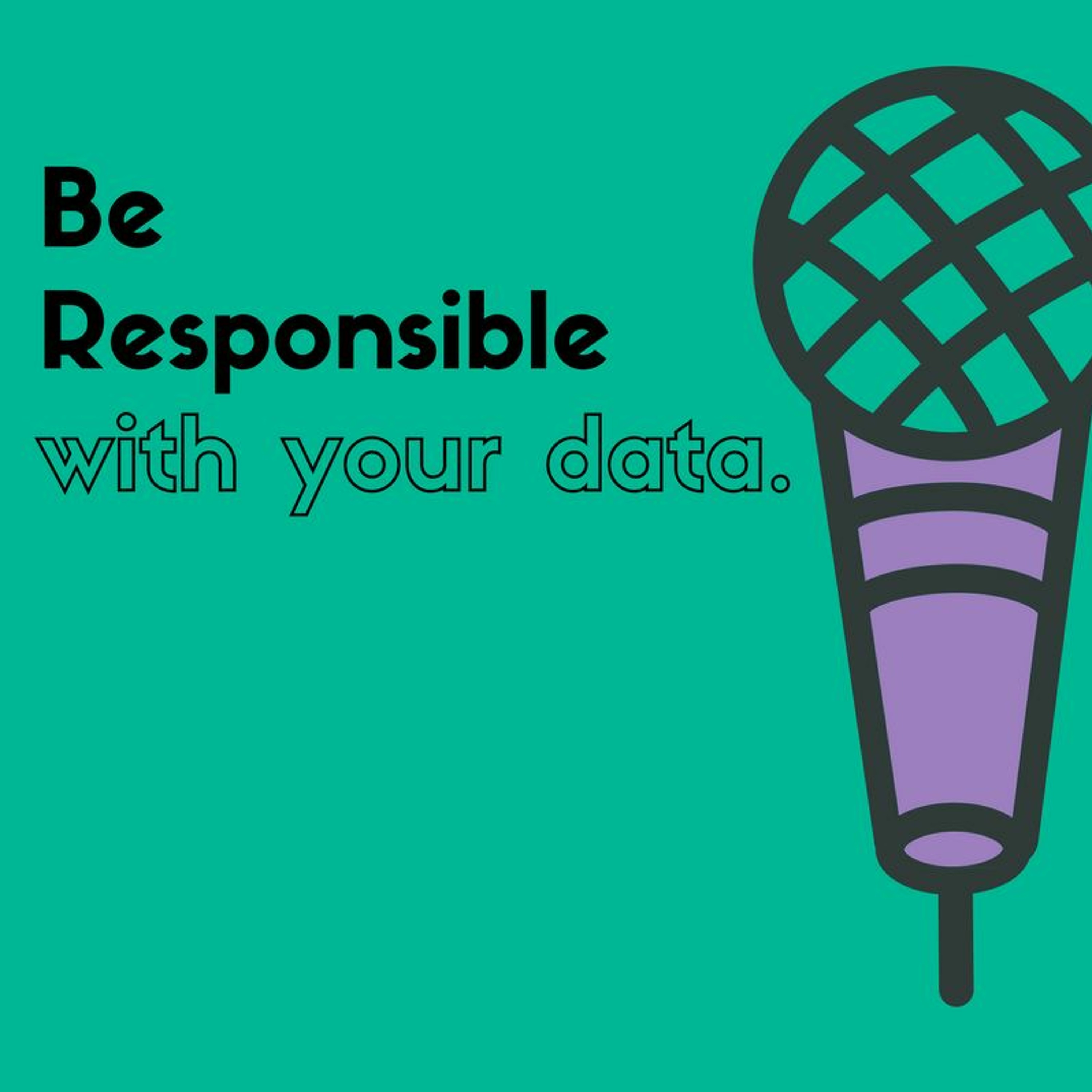
GBVIMS“To make people count, we have to count people right” – Disability Data CollectionIn this episode, we spoke with inclusion specialists, Pauline Thivilier of Humanity and Inclusion and Ricardo Pla Cordero of International Rescue Committee about disability statistics in humanitarian settings. Listen to learn why it’s important to collect this data, a method for collection, and resources for integration of these methods.
To learn more, check out the Humanity & Inclusion’s learning toolkit on disability data collection: https://reliefweb.int/report/world/launch-learning-toolkit-disability-data-collection-humanity-inclusion-using-washington
2019-07-3124 min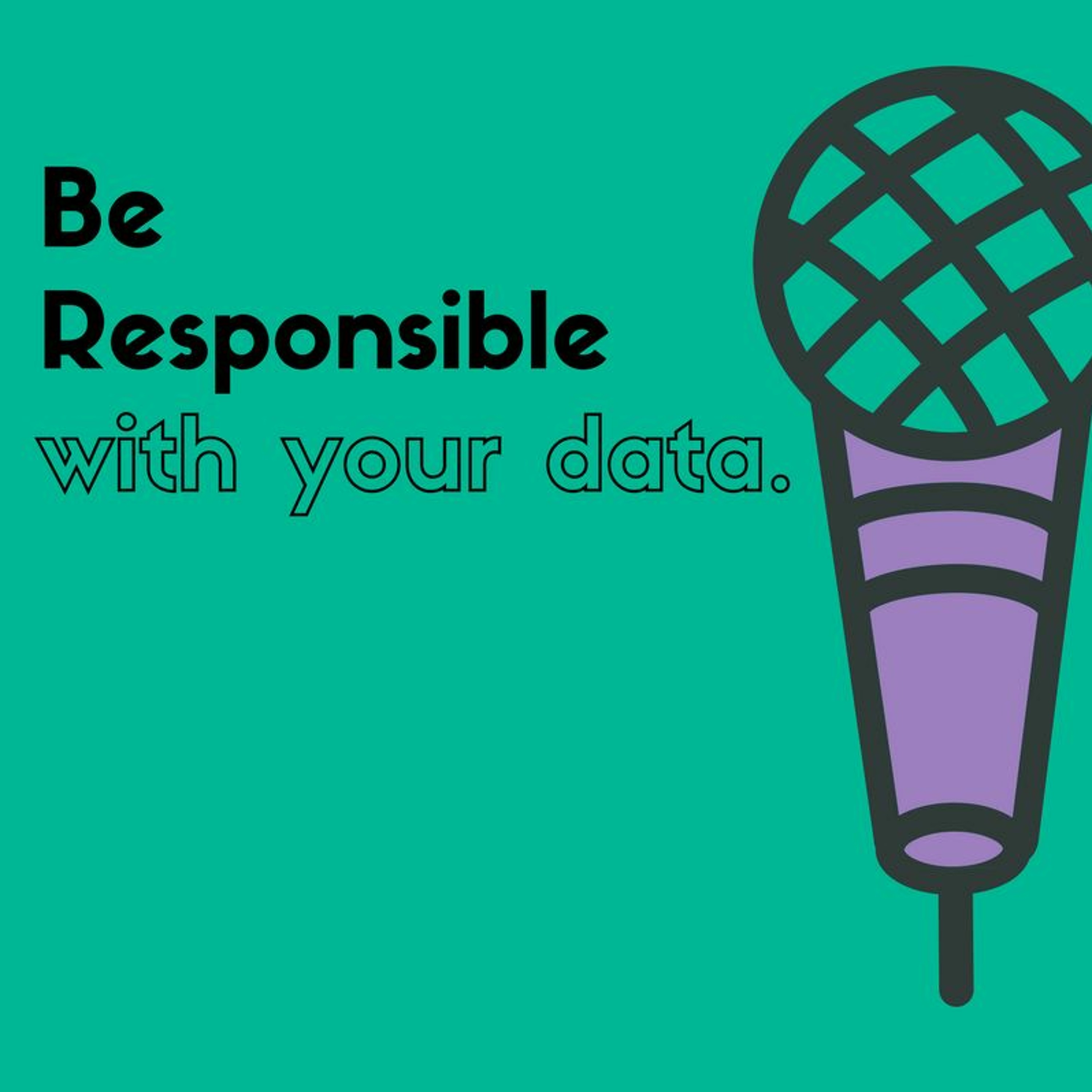
GBVIMSGet to know the GBVIMS+The Protection-Related Information Management System, Primero, was designed to safely and ethically collect, store and share information about protection-related cases. In this episode, we talk about the GBV module of the system, called GBVIMS+ and how this compares to the classical GBVIMS, what's new, what are the features of this new system iteration, required planning for implementation, and key considerations for use.
2019-06-1226 min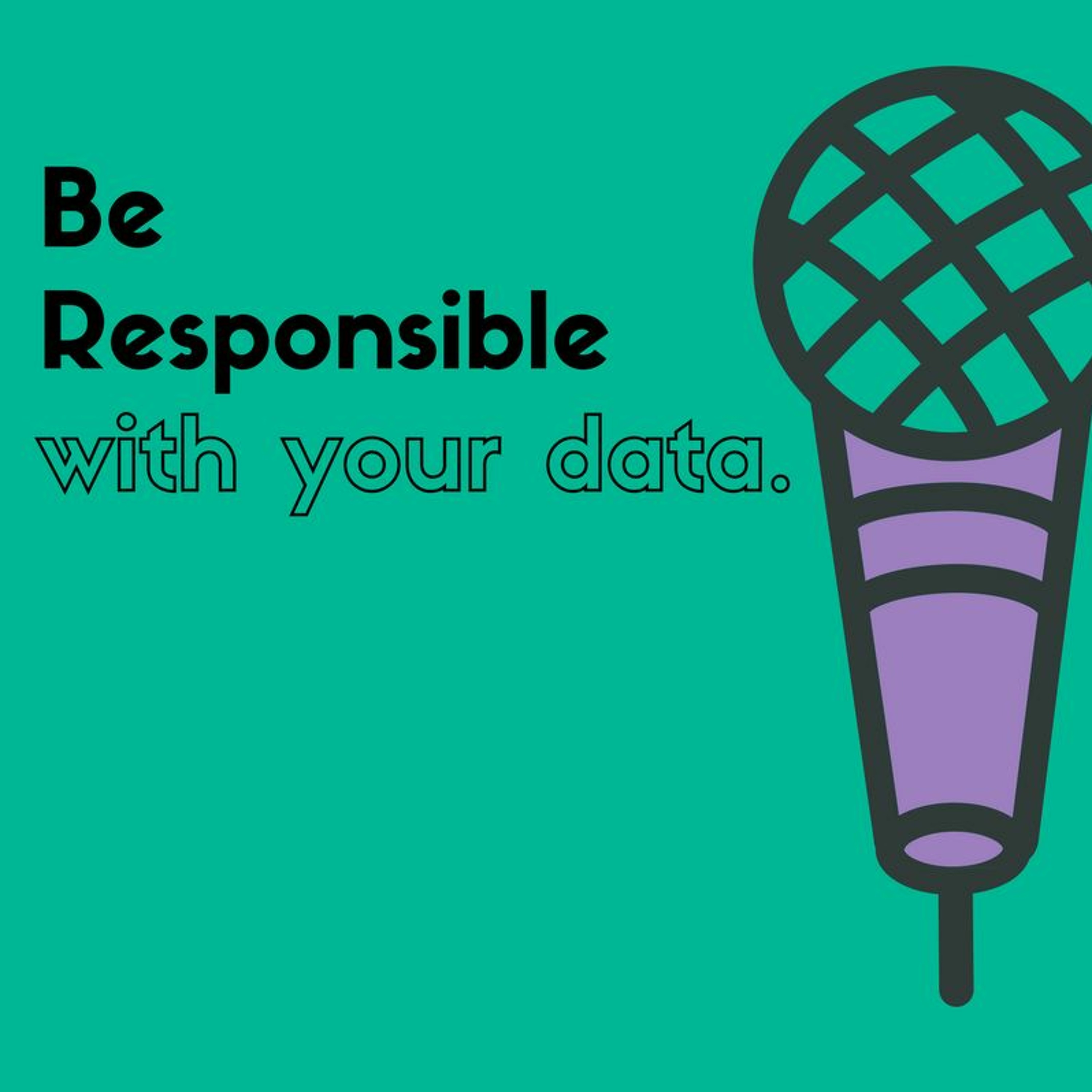
GBVIMSLinking Data Analysis to Programming: Nigeria EditionLinking data analysis to programming – Nigeria
This podcast features Nigeria as part of our series on linking analysis to programming. One of the Global Team members discusses with the GBVIMS Inter-Agency Coordinator in Nigeria, Elfriede Kormawa, the process of analyzing GBVIMS data in a collaborative manner with GBVIMS partners. In particular, Elfriede walks us through the engagement of the field-level caseworkers to participate in the analysis and how it resulted into action on the ground and at the inter-agency level. You can read the guidance note here: http://www.gbvims.com/wp/wp-content/uploads/Linking-Data-Analysis-with-Programming-Nigeria.pdf
Lier l’analyse à la progr...
2019-05-2317 min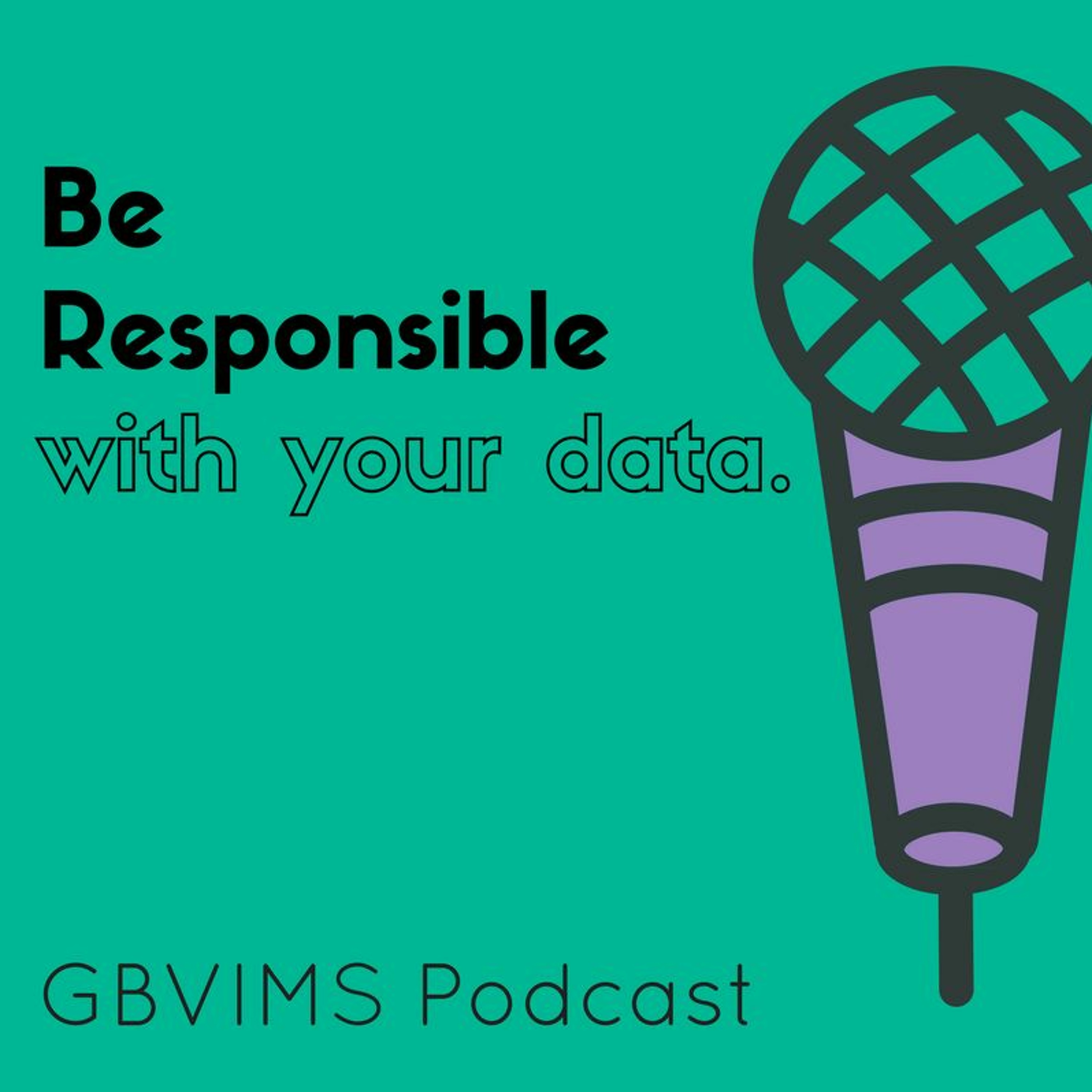
GBVIMSCase Management "Hot Topics"This podcast explores the ‘hot topics’ of case management programming and service delivery. Two members of the GBVIMS technical team discuss some of the difficult topics that often come up in the field, speaking to donors or other sectors. Some of these topics include mediation with perpetrators and conducting home visits.
2019-02-1216 min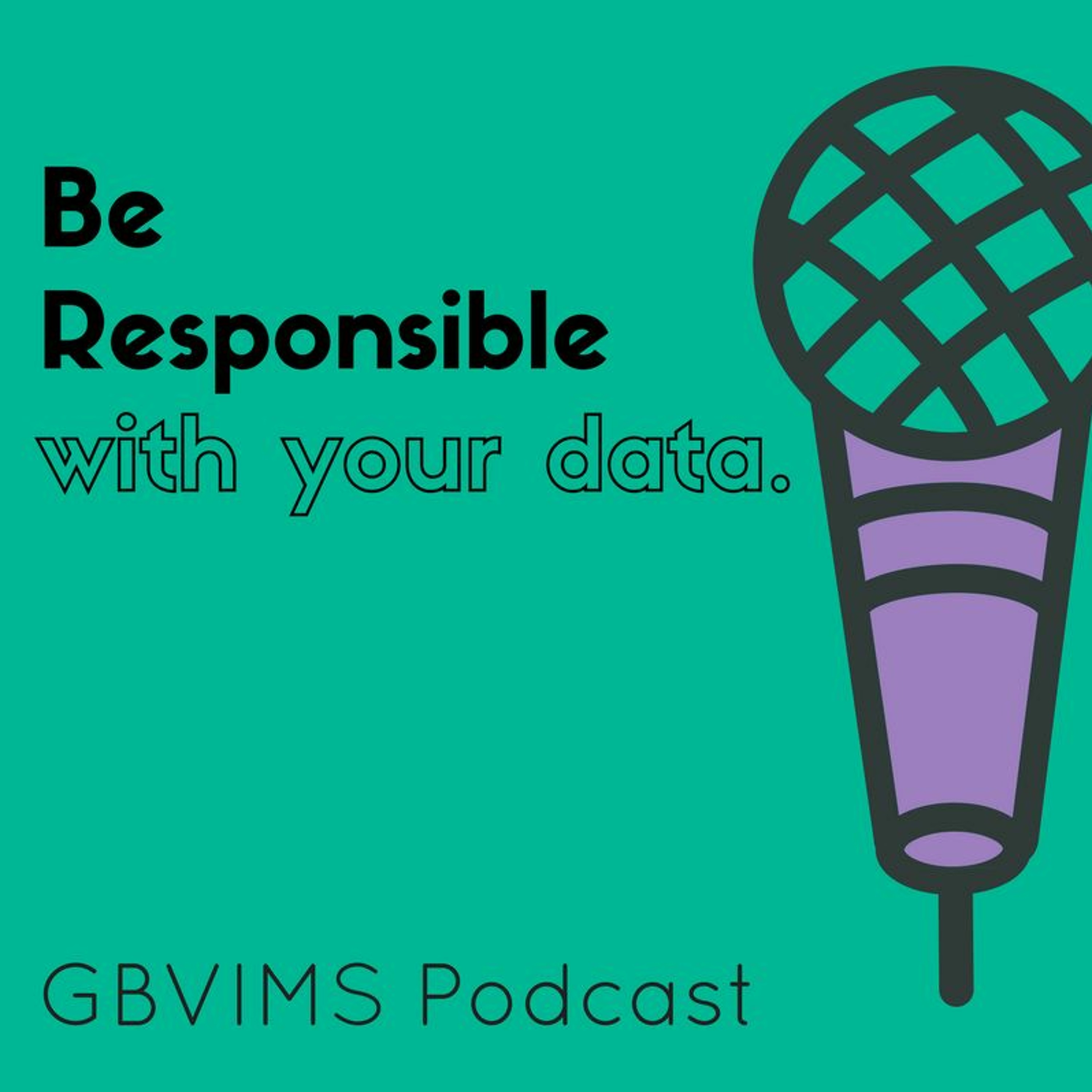
GBVIMSGestion de cas: Sujets ‘chauds’Ce podcast explore les sujets tendancieux dans les programmes de gestion de cas. Deux membres de l’Equipe Technique discutent ces sujets qui posent souvent des difficultés sur le terrain, avec les donateurs ou d’autres secteurs. Ceux-ci incluent notamment la question de la médiation avec les auteurs présumés des violences ou le fait d’effectuer des visites à domicile.
2019-02-1118 min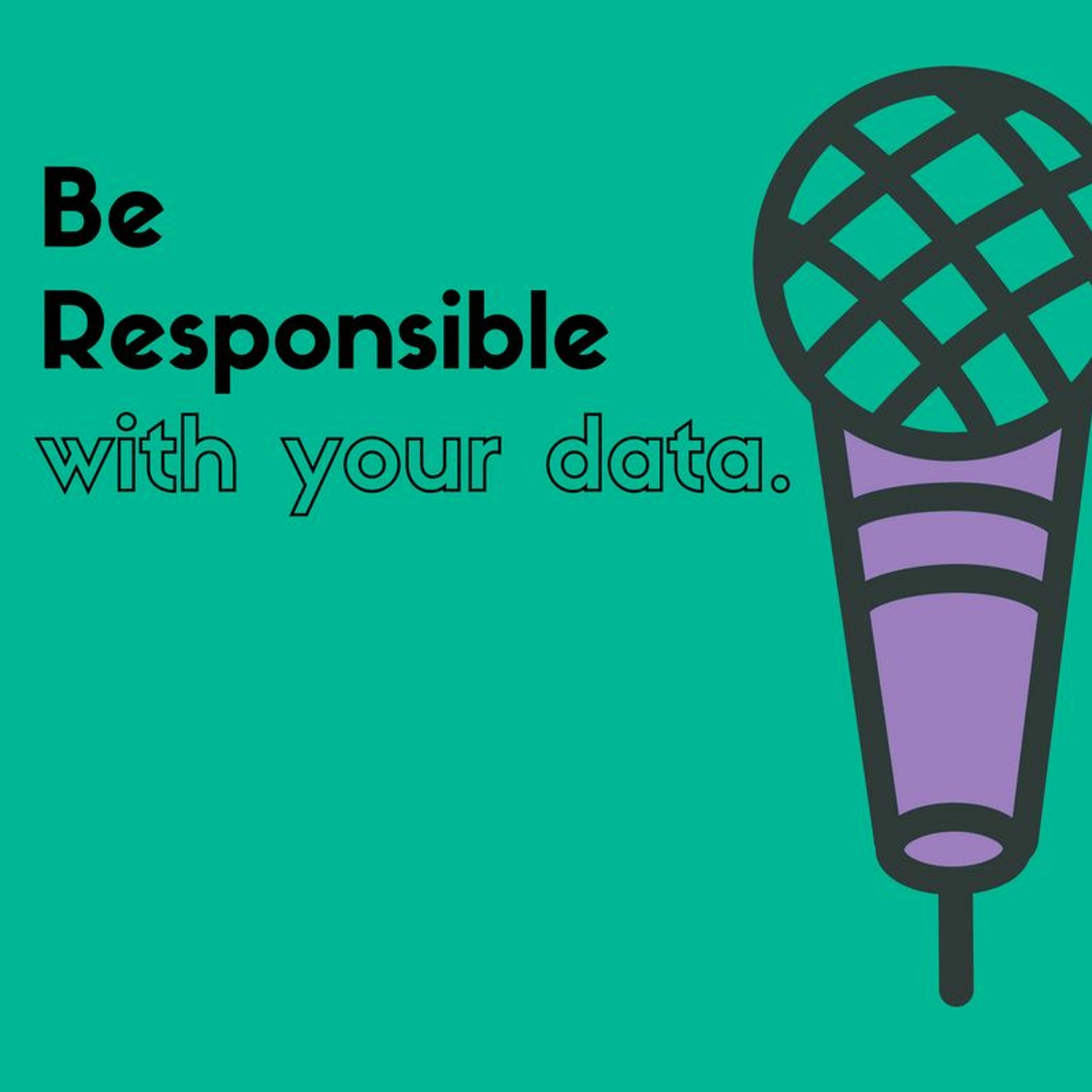
GBVIMSGBV Case Management SupervisionIn this bonus episode of the series covering the steps of case management, we delve into supervision. This is core and essential component to ensure we are delivering quality services. Catherine Poulton of UNICEF walks us through this process, the need for it, individual versus group supervision, and format, tools and practicalities.
*
*
*
You can read more about supervision in the Inter-Agency Case Management Guidelines and accompanying training modules, available on gbvims.com or https://gbvresponders.org/response/gbv-case-management/
2018-09-0319 min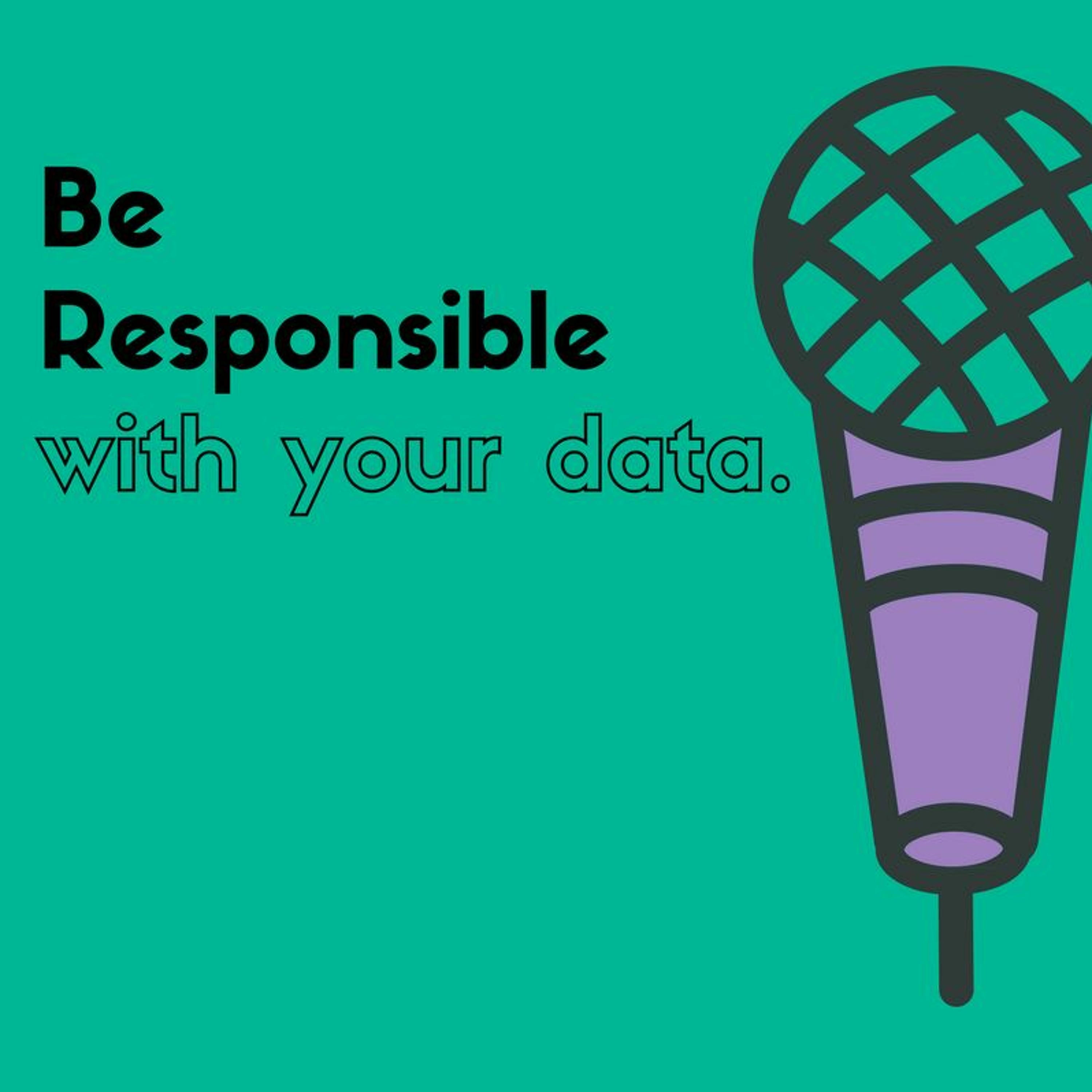
GBVIMSGBV Case Management Step 2: AssessmentThe second episode of the series is assessment. In this, we’re assessing the survivor’s situation and needs. We talk about disclosure, how to assess needs, key messages, and understanding context. This episode features Meghan O’Connor of International Rescue Committee.
*
*
*
You can read more about this step in the Inter-Agency Case Management Guidelines and accompanying training modules, available on gbvims.com or https://gbvresponders.org/response/gbv-case-management/
2018-09-0321 min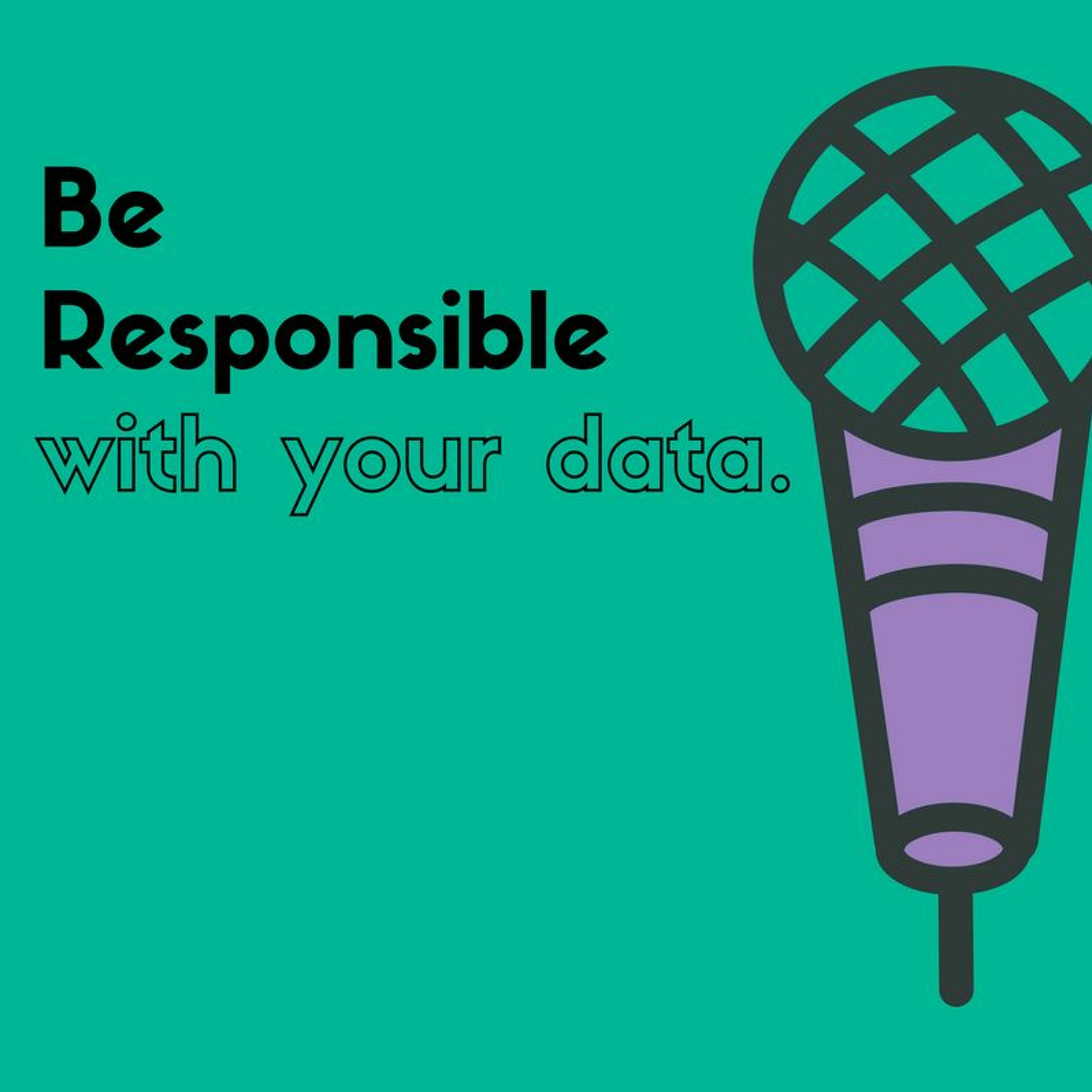
GBVIMSGBV Case Management Step 6: Case ClosureThe final step in the case management process is case closure, where the survivor exits the service. This episode features Maria Caterina Ciampi in her inter-agency GBVIMS capacity.
*
*
*
You can read more about this step in the Inter-Agency Case Management Guidelines and accompanying training modules, available on gbvims.com or https://gbvresponders.org/response/gbv-case-management/
2018-09-0312 min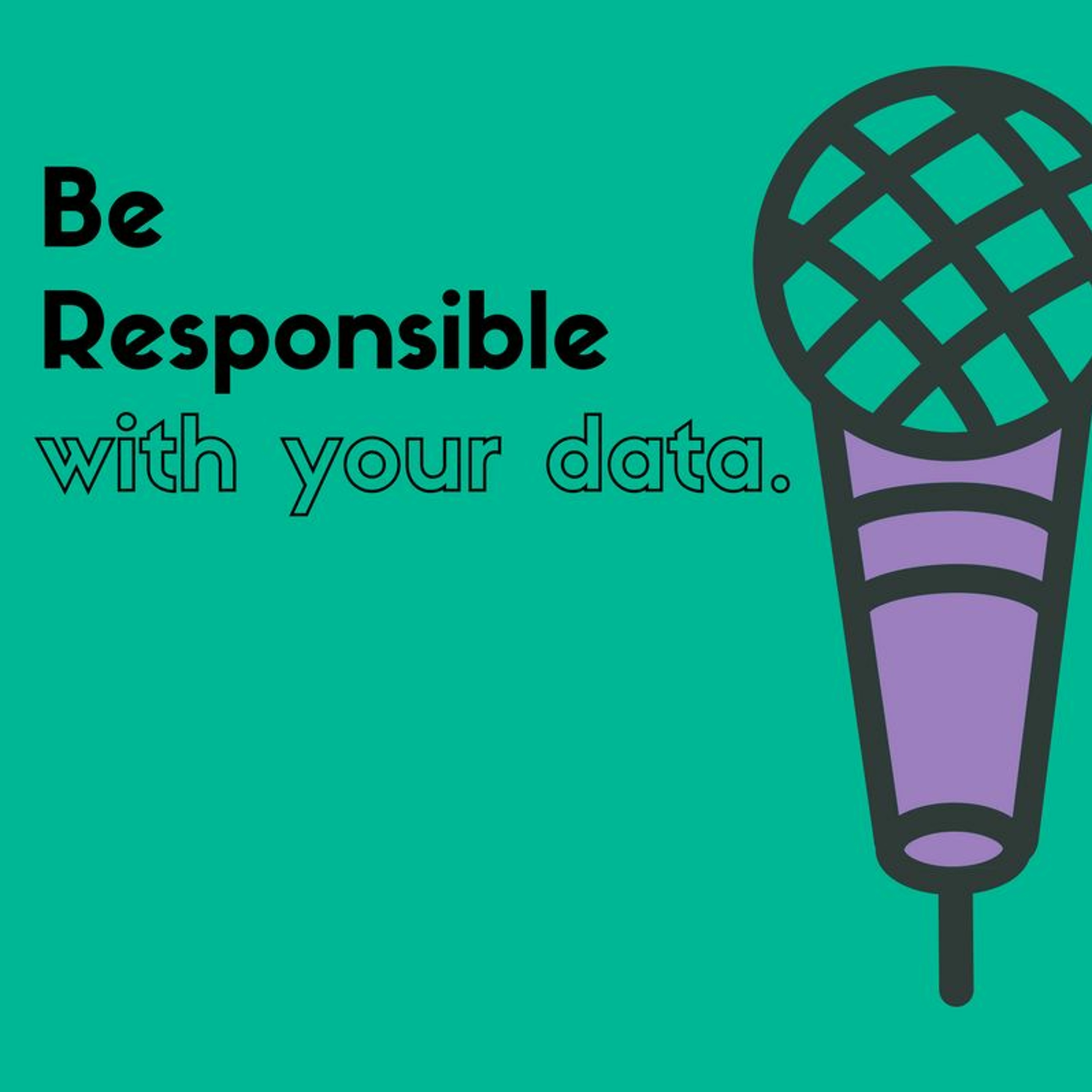
GBVIMSGBV Case Management Step 4: Case Action ImplementationIn the fourth step of the case management process, we implement the case action plan. This is connecting the survivor to resources (e.g. referrals), providing direct interventions. It’s about facilitating choice. This episode features Erin Gerber of UNFPA.
*
*
*
You can read more about this step in the Inter-Agency Case Management Guidelines and accompanying training modules, available on gbvims.com or https://gbvresponders.org/response/gbv-case-management/
2018-09-0315 min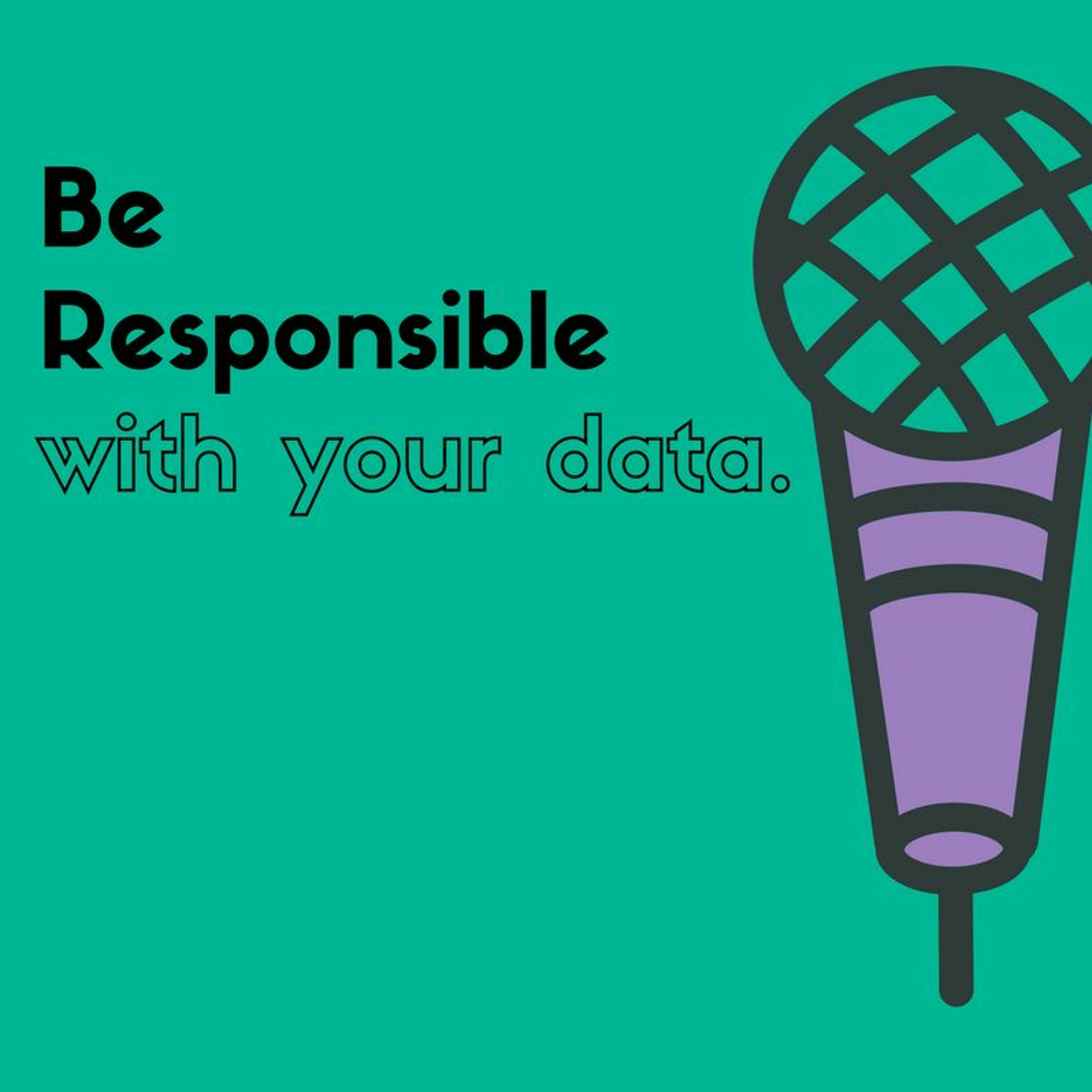
GBVIMSGBV Case Management Step 5: Follow-UpIn the fifth step of case management, we are following up with the survivor. Have the goals been achieved? Is more assistance required? How can we reassess the survivor’s needs and identify barrier to achieving care and treatment? This episode features Georgette Schutte of UNHCR.
*
*
*
You can read more about this step in the Inter-Agency Case Management Guidelines and accompanying training modules, available on gbvims.com or https://gbvresponders.org/response/gbv-case-management/
2018-09-0308 min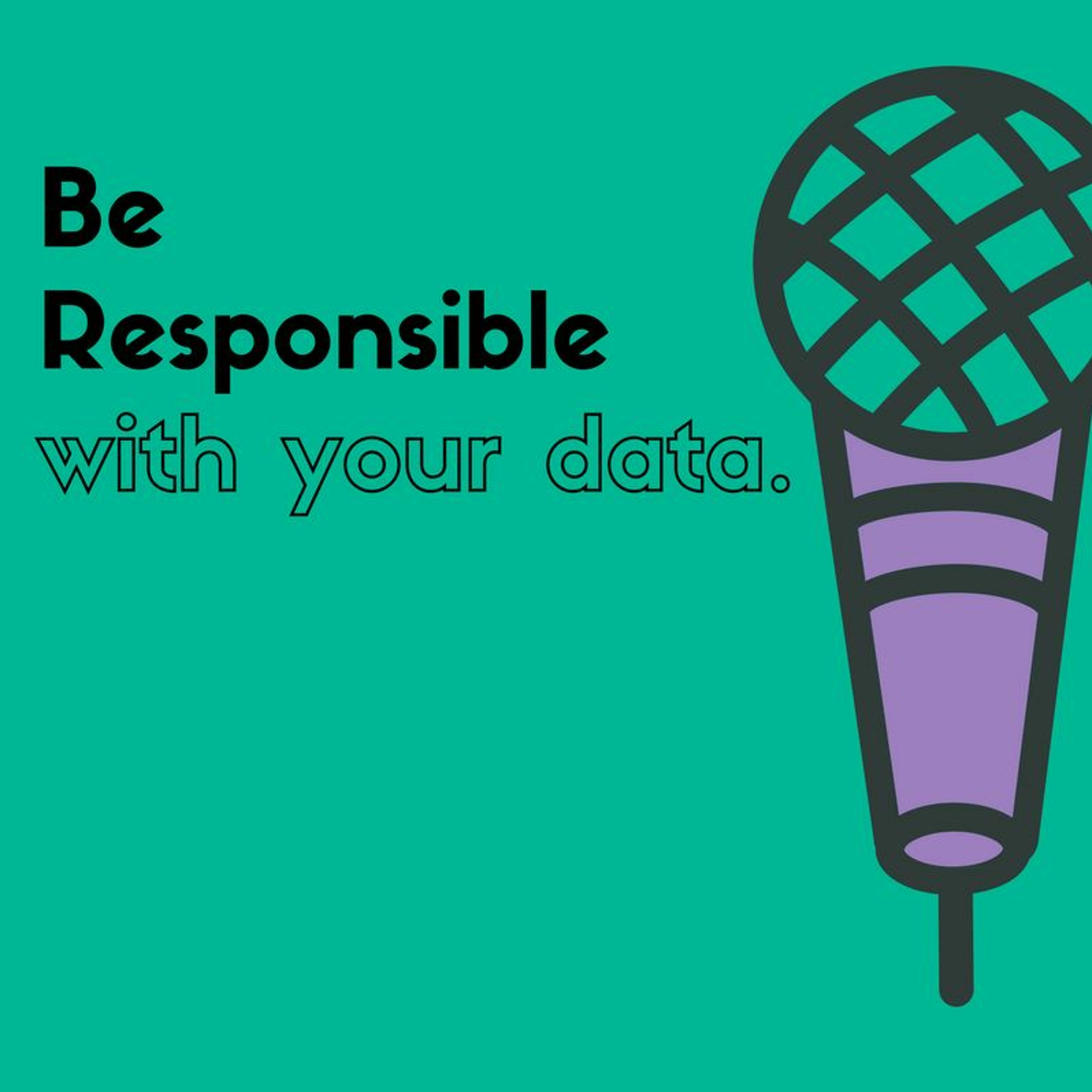
GBVIMSGBV Case Management Step 1: Introduction and EngagementWe’re introducing a special series on the GBVIMS podcast covering each step of the case management process. This series in six episodes, plus a bonus episode that will introduce you to the six steps of the case management process and the role of supervision in this process. If we look at this holistically, we can’t get data right if services aren’t right, and really we shouldn’t be collecting data if services aren’t there and up to par, so tune in, take notes, take action!
In this first episode of the series, we cover the first step: intr...
2018-09-0324 min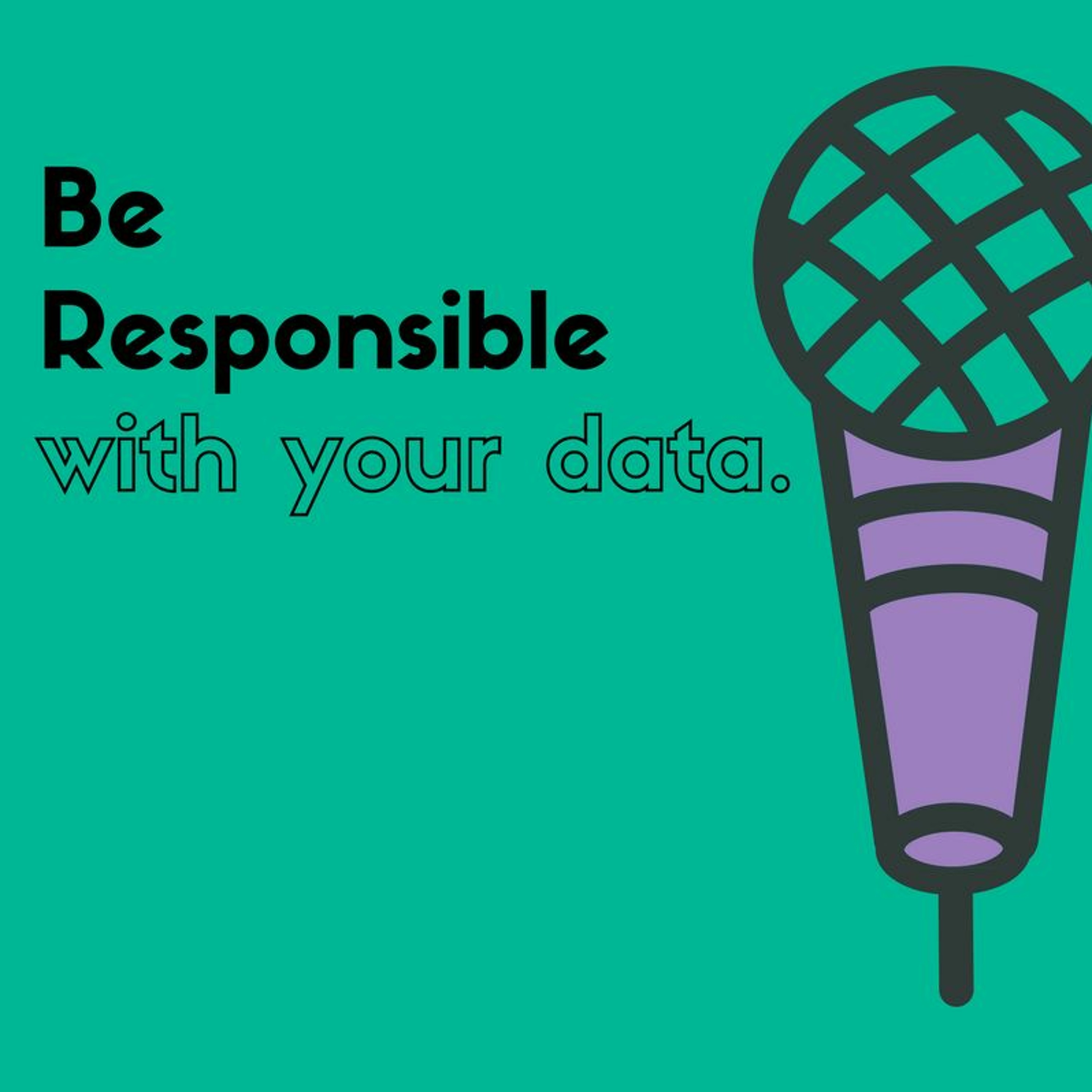
GBVIMSGBV Case Management Step 3: Case Action PlanningFollowing introduction and engagement and assessment, we go into case action planning, the third step in the case management process. This involves developing a plan for the support and services the survivor needs. This episode features Laura Canali of International Medical Corps.
*
*
*
You can read more about this step in the Inter-Agency Case Management Guidelines and accompanying training modules, available on gbvims.com or https://gbvresponders.org/response/gbv-case-management/
2018-09-0317 min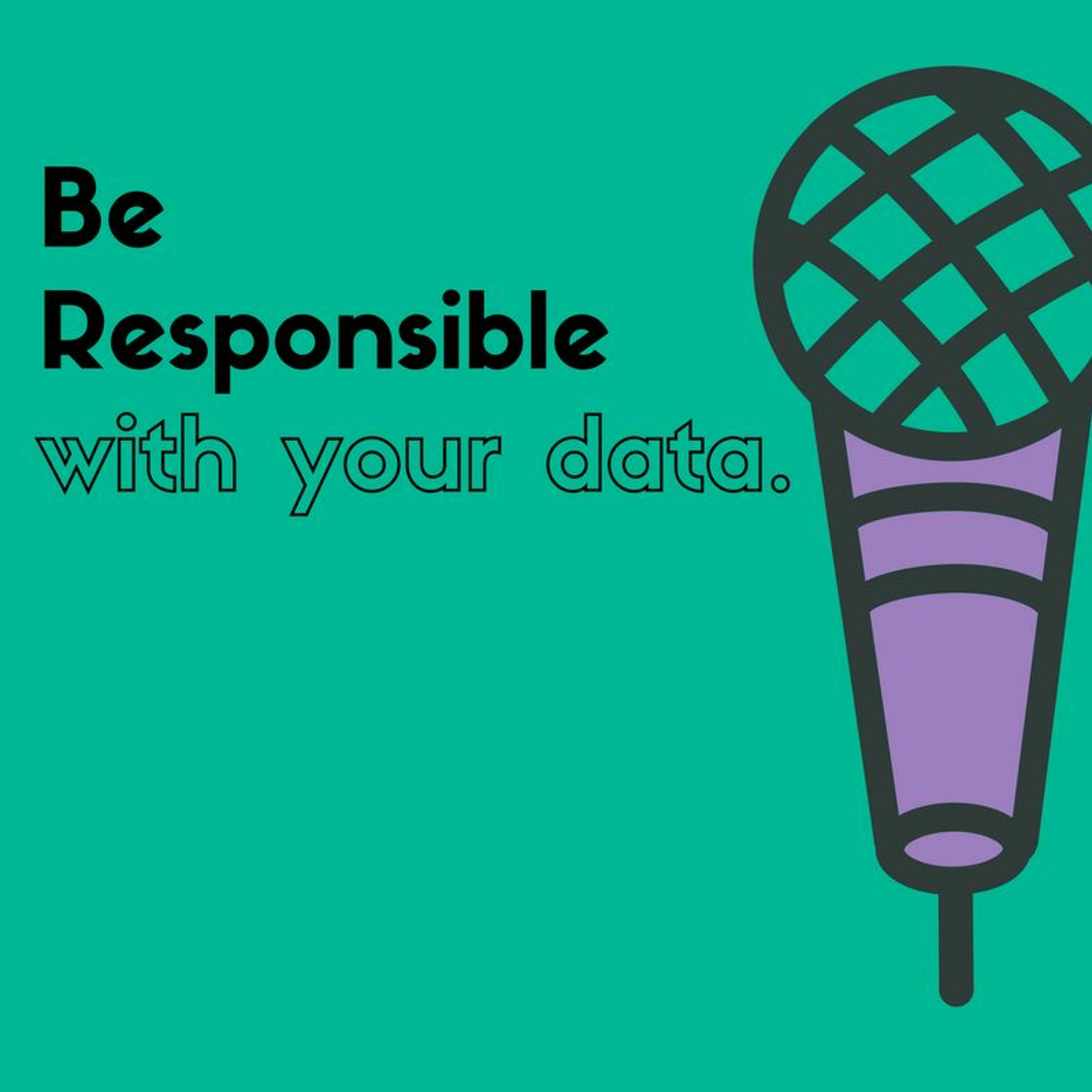
GBVIMSHow can we get data right if services are lacking?In this minisode, we talk about the linkage between services and data. Why does it matter to get services right before data? What is the GBVIMS contributing to this? This episode is also a teaser to a September announcement about the podcast....
2018-08-1607 min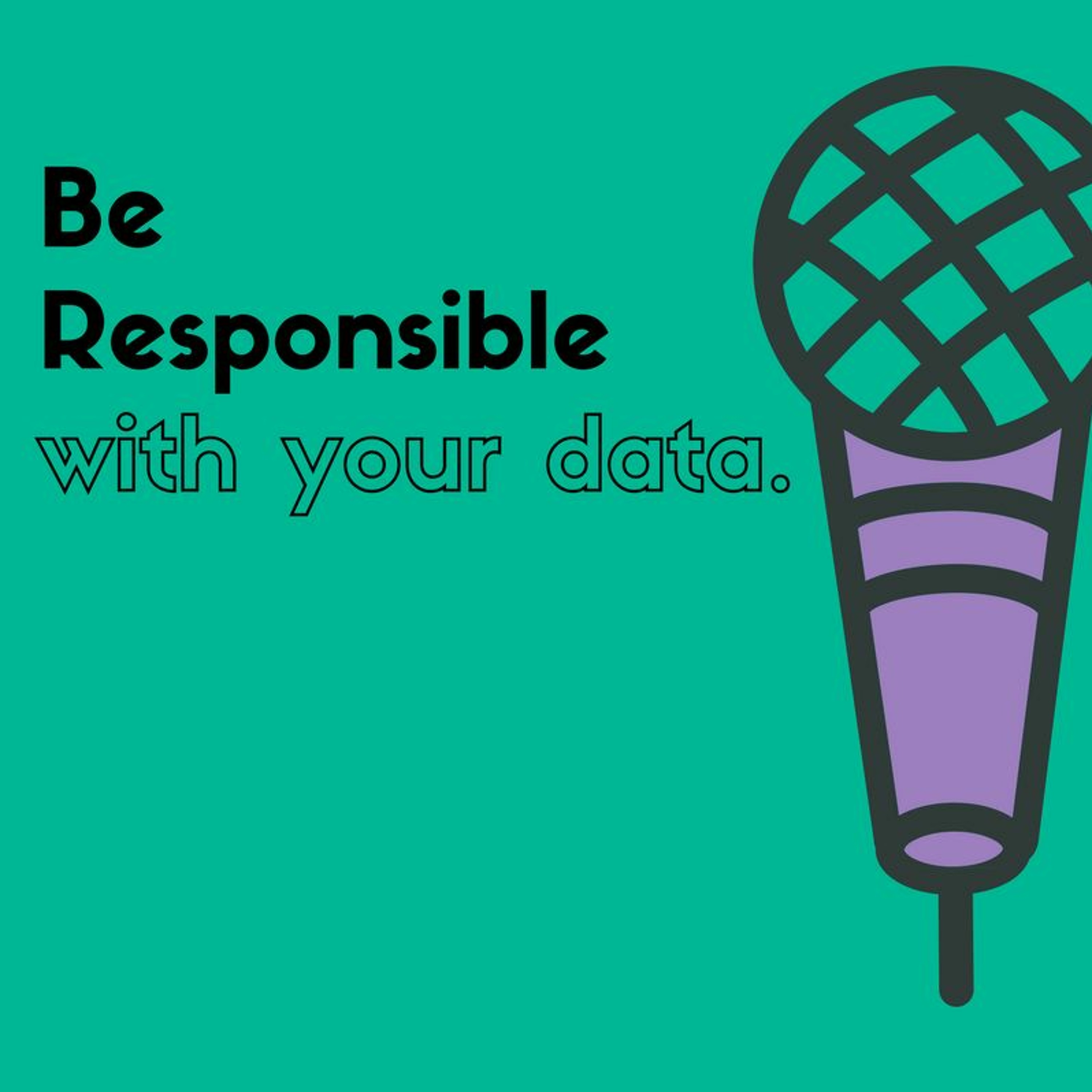
GBVIMSHow can we make sure our programming is evidence based?How can we make sure our programming is evidence based? The first step is to know the evidence. Find the research, refer to it, look at how it’s been applied in context. This crucial first step will ensure your decisions that follow are based on the best available research. In this episode, we talk with Sheree Bennett at International Rescue Committee about evidence reviews. The documentation process that will help you summarize evidence and portray the key findings in an easily digestible format.
2018-07-1118 min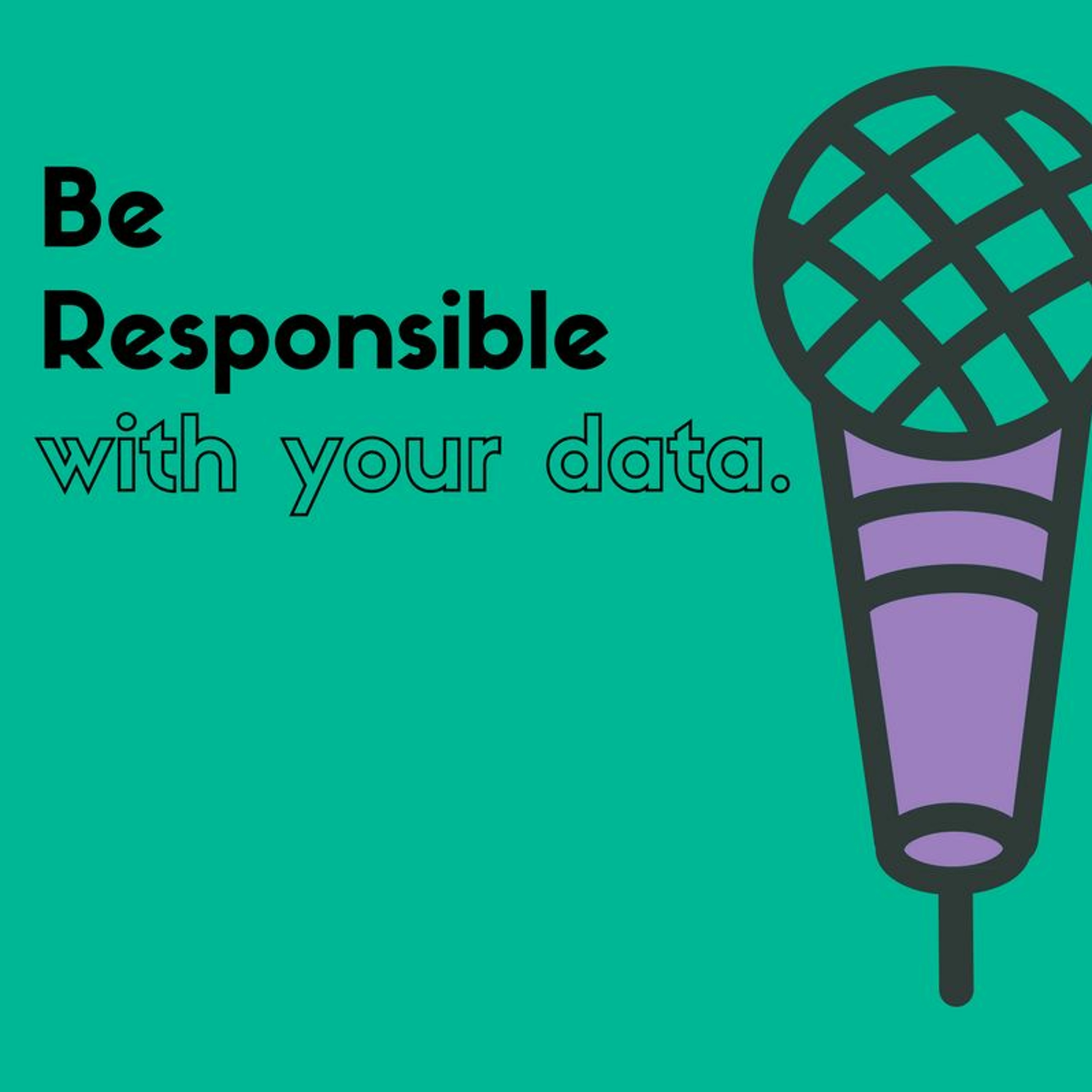
GBVIMSHow can we use technology with women and girls in humanitarian settings?In 2017, we conducted a research project in Lebanon to answer several key questions: what are women and girls’ access to mobile phones and the Internet, what are the barriers to their access (real and perceived), and what are their desired uses and safety concerns? In working with potentially vulnerable populations such as forcibly displaced women and girls, is mobile technology the appropriate channel for communication, service provision, information dissemination, awareness raising, and empowerment activities? In this episode, we discussed the reason we conducted this research and our findings and recommendations, including safety planning, planning for shared use of mobile devices, an...
2018-06-1414 min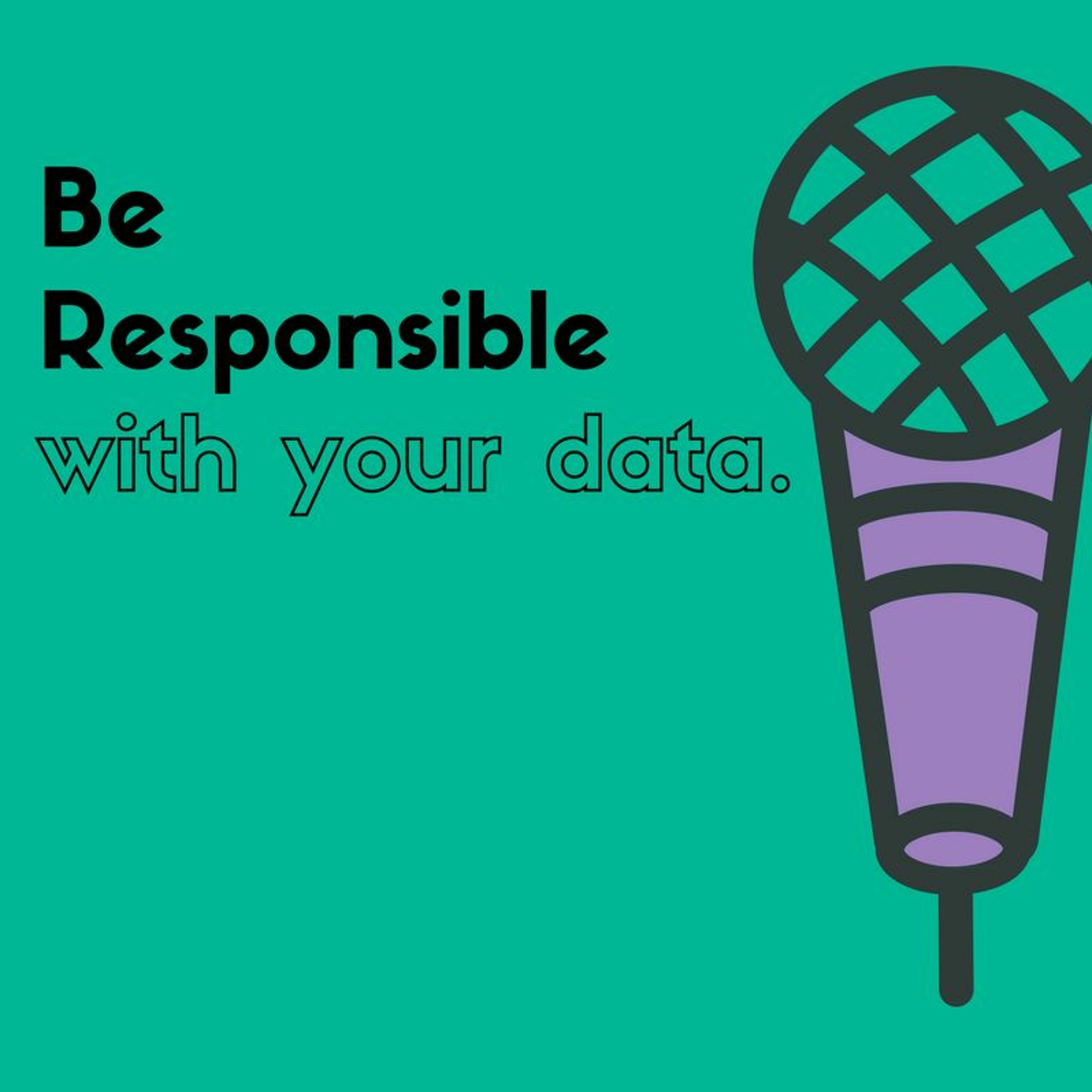
GBVIMSWhat is the protection information management initiative?The Protection Information Management Initiative is a collaboration of inter-agency actors from service provision to academia with the joint goal of utilizing data to enable evidence-informed decision making in displacement settings. This initiative provides a space and platform to collaborate and systematize the protection information management in terms of principles, process and tools. Listen and learn more about this effort and the tools you can access. You can also visit pim.guide for more information.
2018-06-0721 min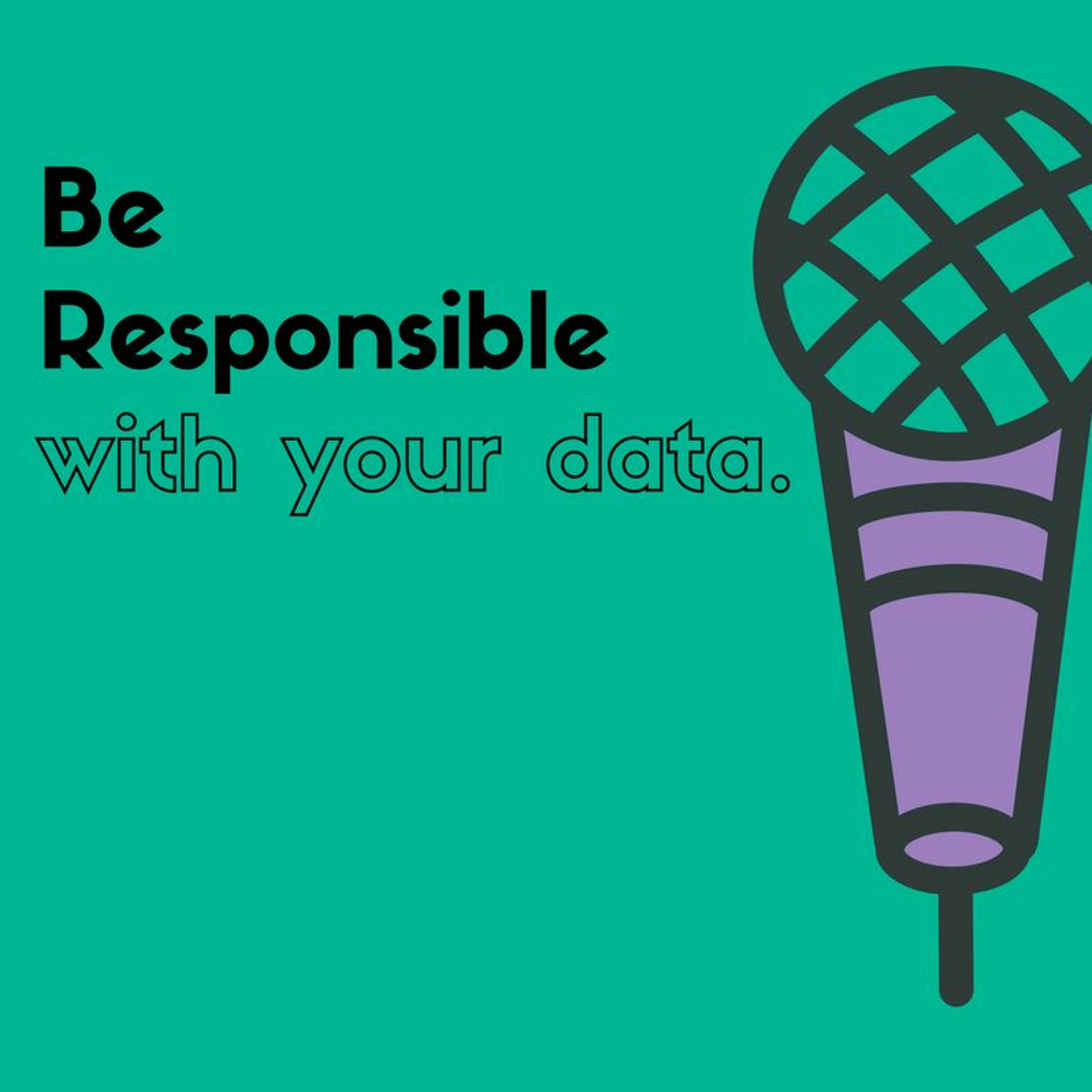
GBVIMSWhat does ethical storytelling have to do with GBV data?Stories can humanize data in a powerful way. They're an impactful tool for conveying a message, issuing a call to action, and helping see beyond the stats, but how can we do this ethically? In this episode, we talked with Michael Kass of The Center for Story and Spirit about ethical storytelling.
To learn more: http://www.michaelkass.co/; http://ethicalstorytelling.com/
2018-05-2222 min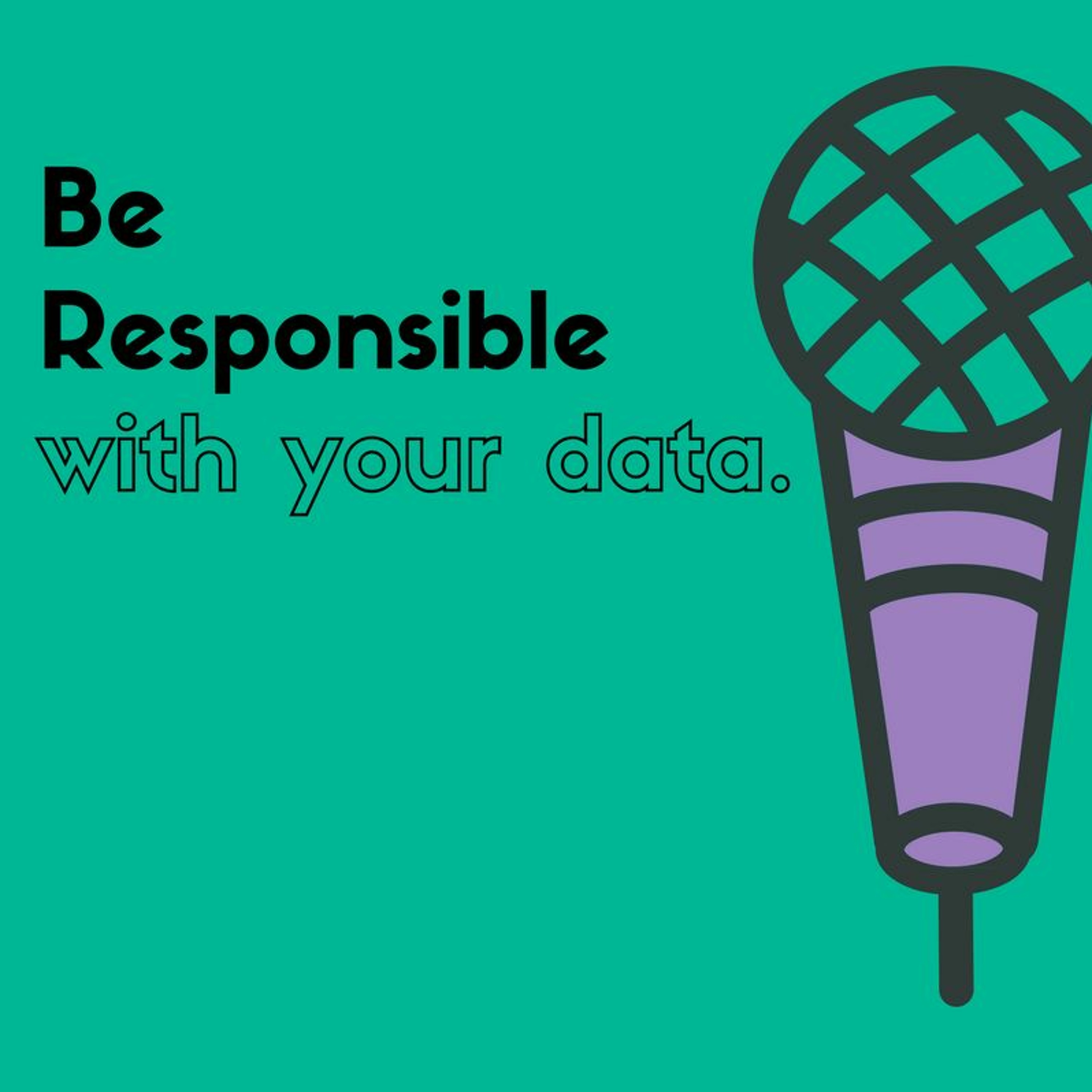
GBVIMSWhat is secondary data and how can I utilize it?The GBVIMS is a useful and efficient source of data, but what else is out there? How can other existing data sources complement the outputs of the GBVIMS and aid in stronger data analysis? In this episode, we talk about secondary data, or data that is not collected by your effort, but already exists, and how you can effectively utilize it.
2018-05-0912 min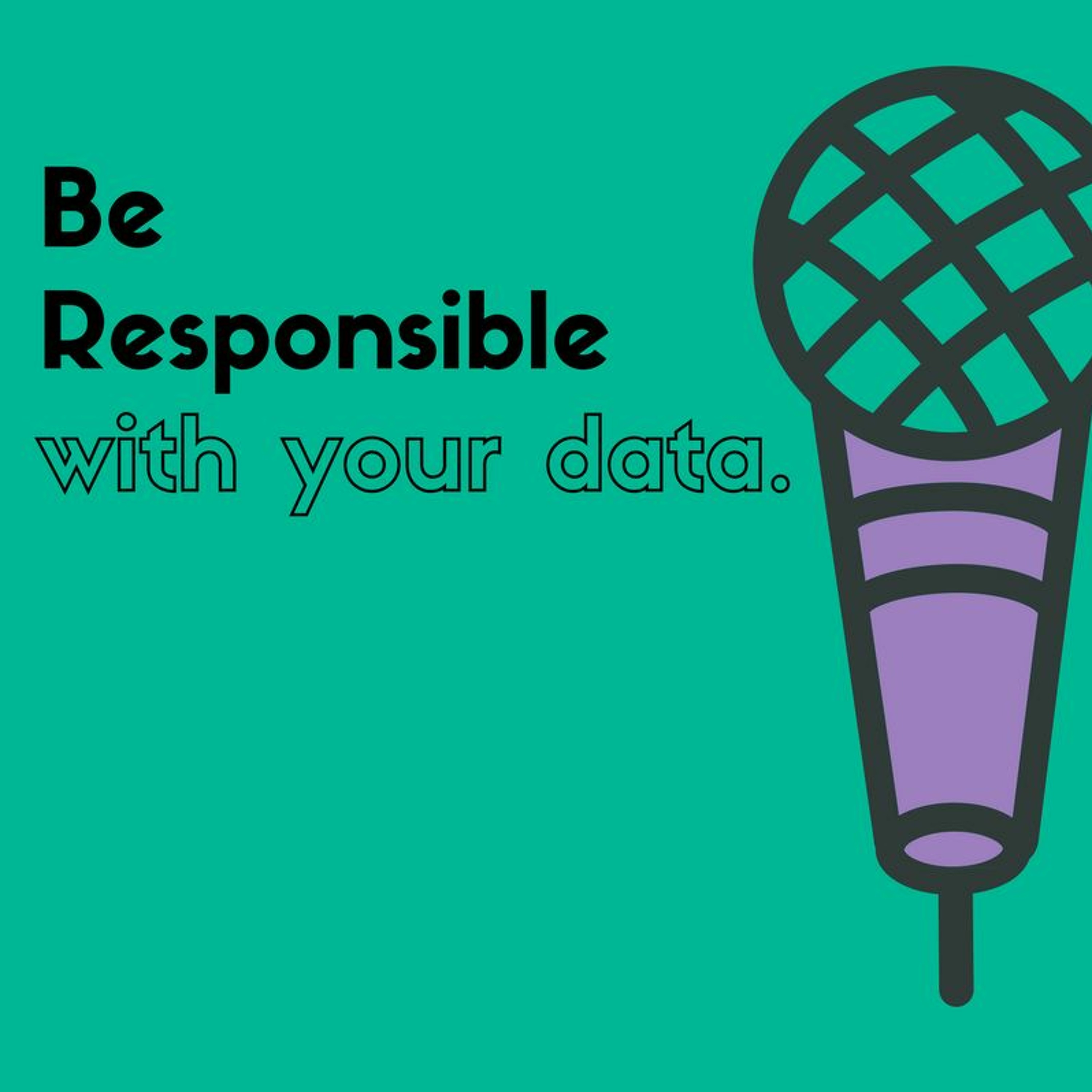
GBVIMSWhat survivor data is safe to share?Information sharing is a complex exercise in coordination, trust-building, and adhering to ethical standards. In this episode, we talk about an information sharing utopia, and how information sharing can go wrong, and what lessons have been learned along the way.
2018-04-1738 min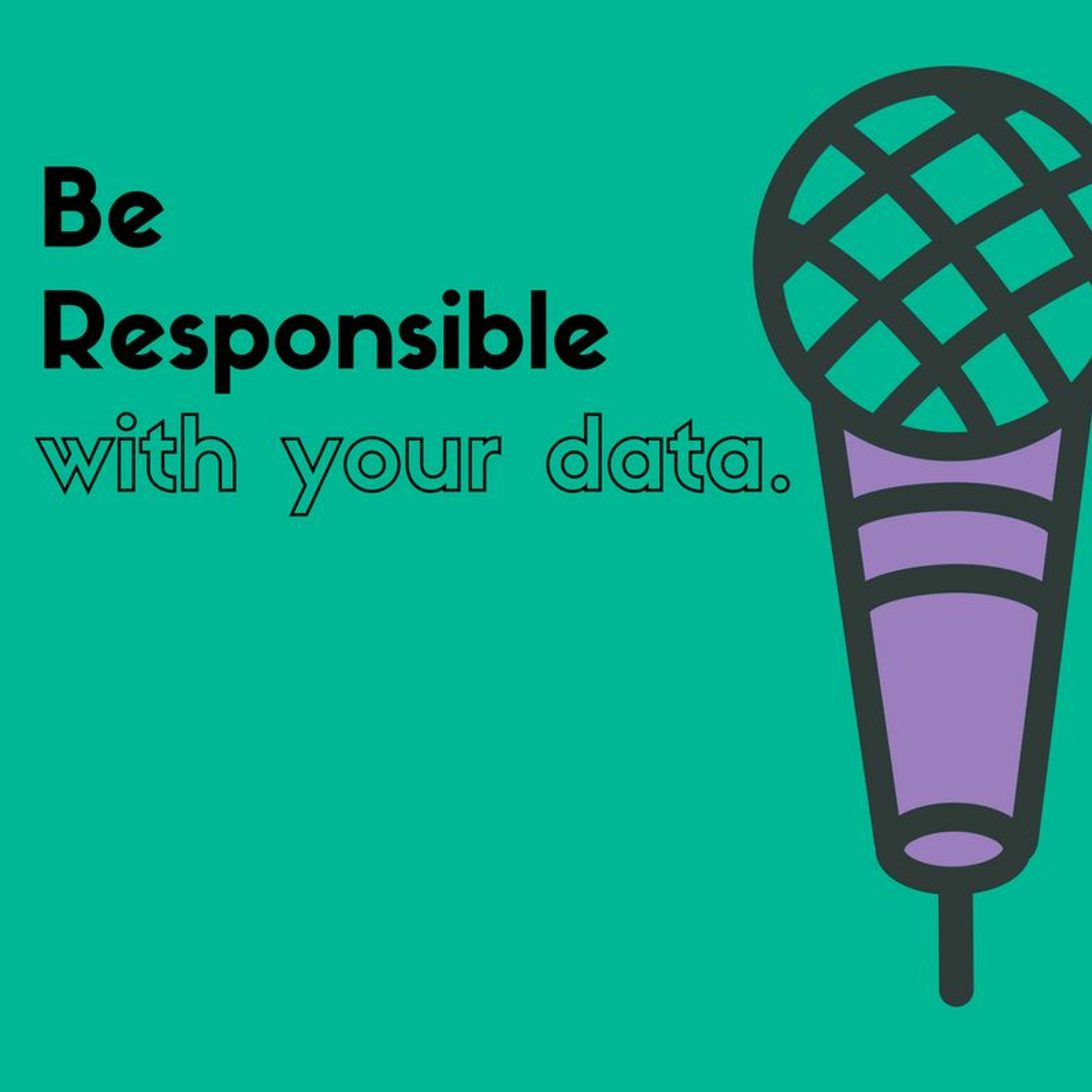
GBVIMSHow do you make sense of prevalence?Prevalence is a proportion of a population with a particular outcome, meant to be representative of a larger population. In this episode we talk about the types of prevalence, the difficulty and limitations, and ways to utilize prevalence data and incidence data.
2018-03-2714 min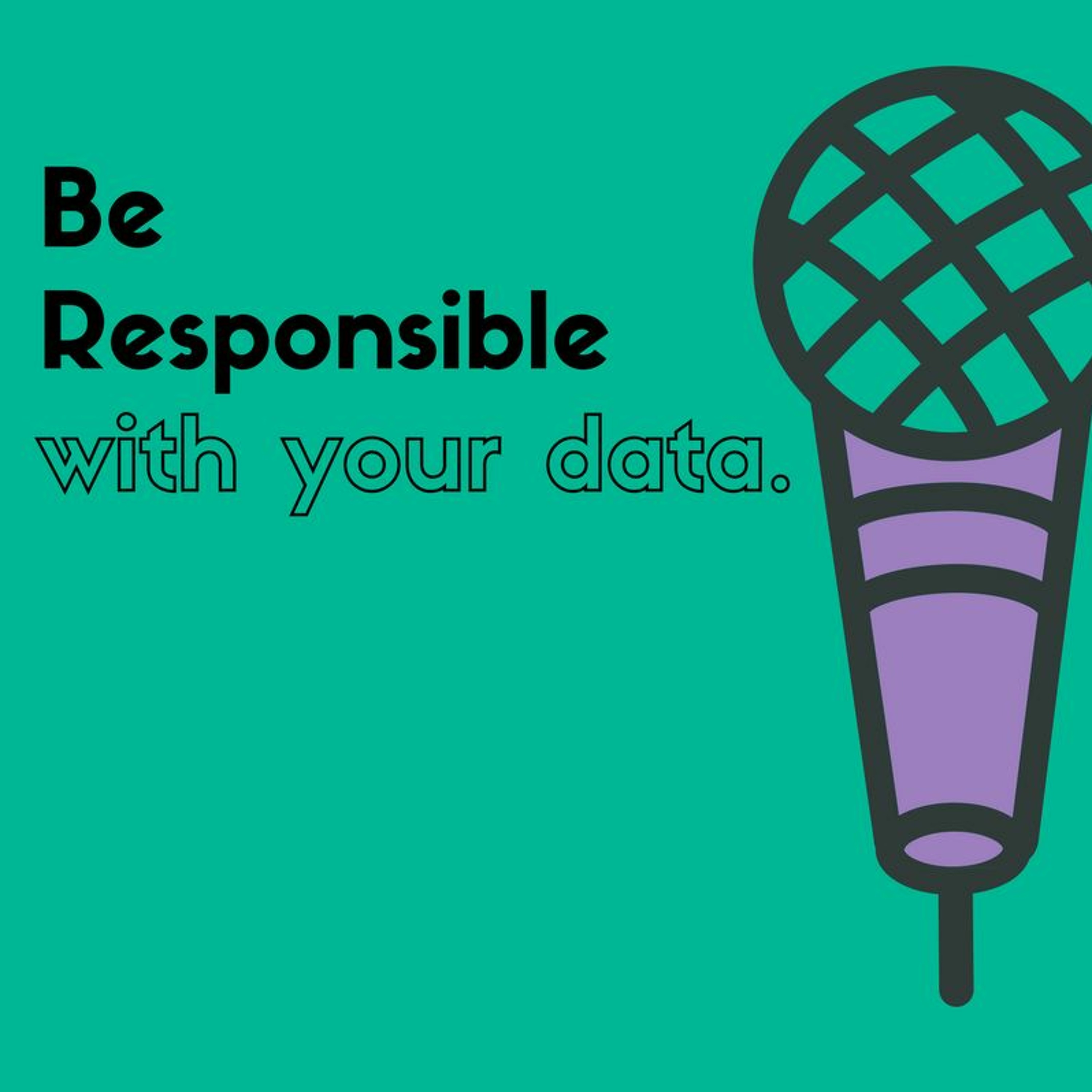
GBVIMSAccountability for Humanitarian Data BreachesRecently a data platform was breached exposing personal information, location, photos, and other demographics of displaced families receiving cash assistance from an NGO. We have a responsibility as humanitarian service providers to better protect data and act responsibly with data, but what should that look like? Is this a wake-up call for the humanitarian community to raise data protection and privacy to an important and urgent issue? Do we need new mechanisms to keep us accountable?
Read about the breach here: https://www.irinnews.org/opinion/2017/12/08/humanitarian-data-breaches-real-scandal-our-collective-inaction
2018-03-0918 min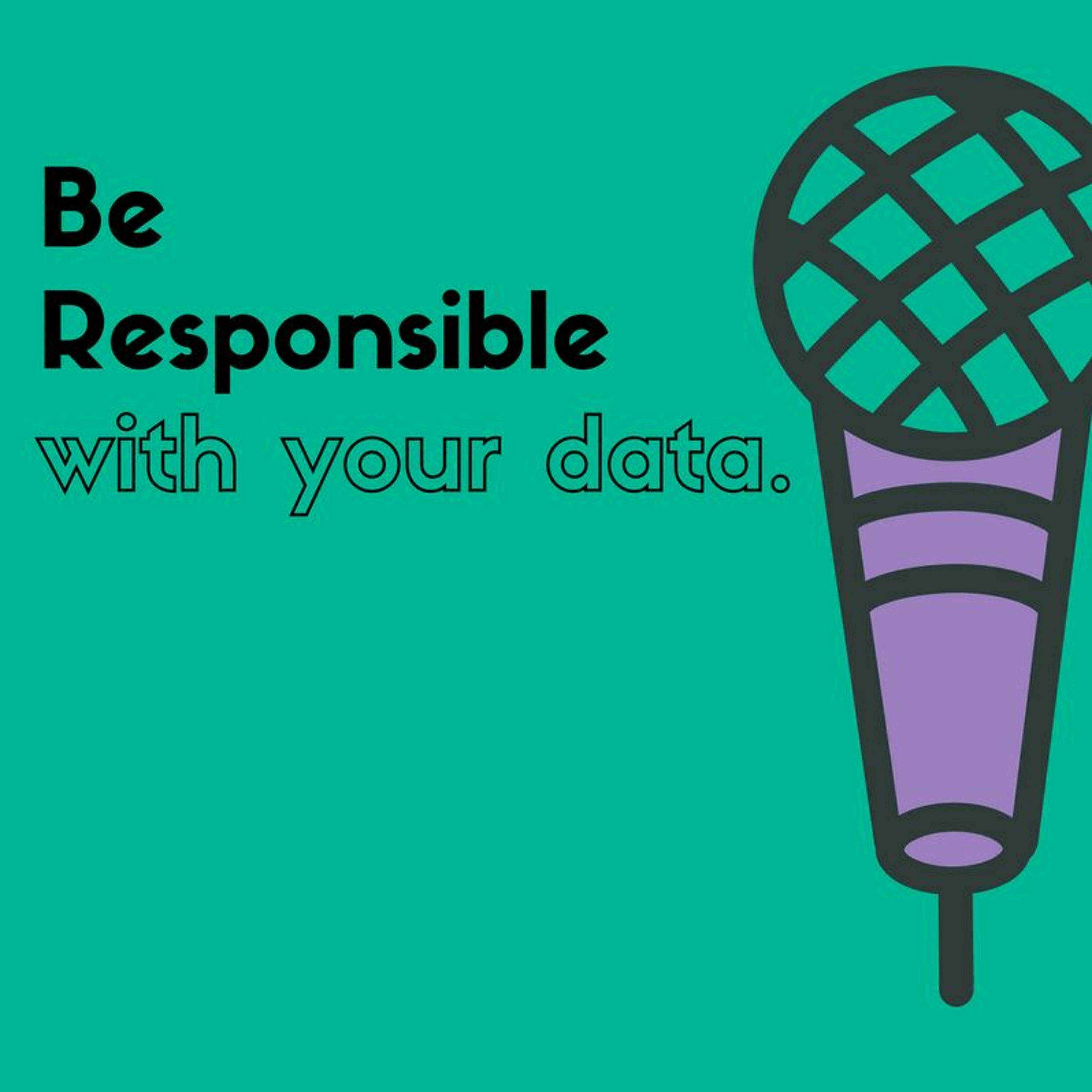
GBVIMSWhat is our responsibility when it comes to data?Data protection is more often the topic of discussion of late. But what about data responsibility? This goes beyond compliance or legal frameworks. What are the necessary ethical considerations when it comes to managing GBV survivor data? We dig into that question in this episode and talk about the Netherlands Rec Cross new 510 Data Responsibility Policy https://www.510.global/wp-content/uploads/2017/11/510_Data_Responsibility_Policy_V.2_PUBLIC-1.pdf
2018-02-2725 min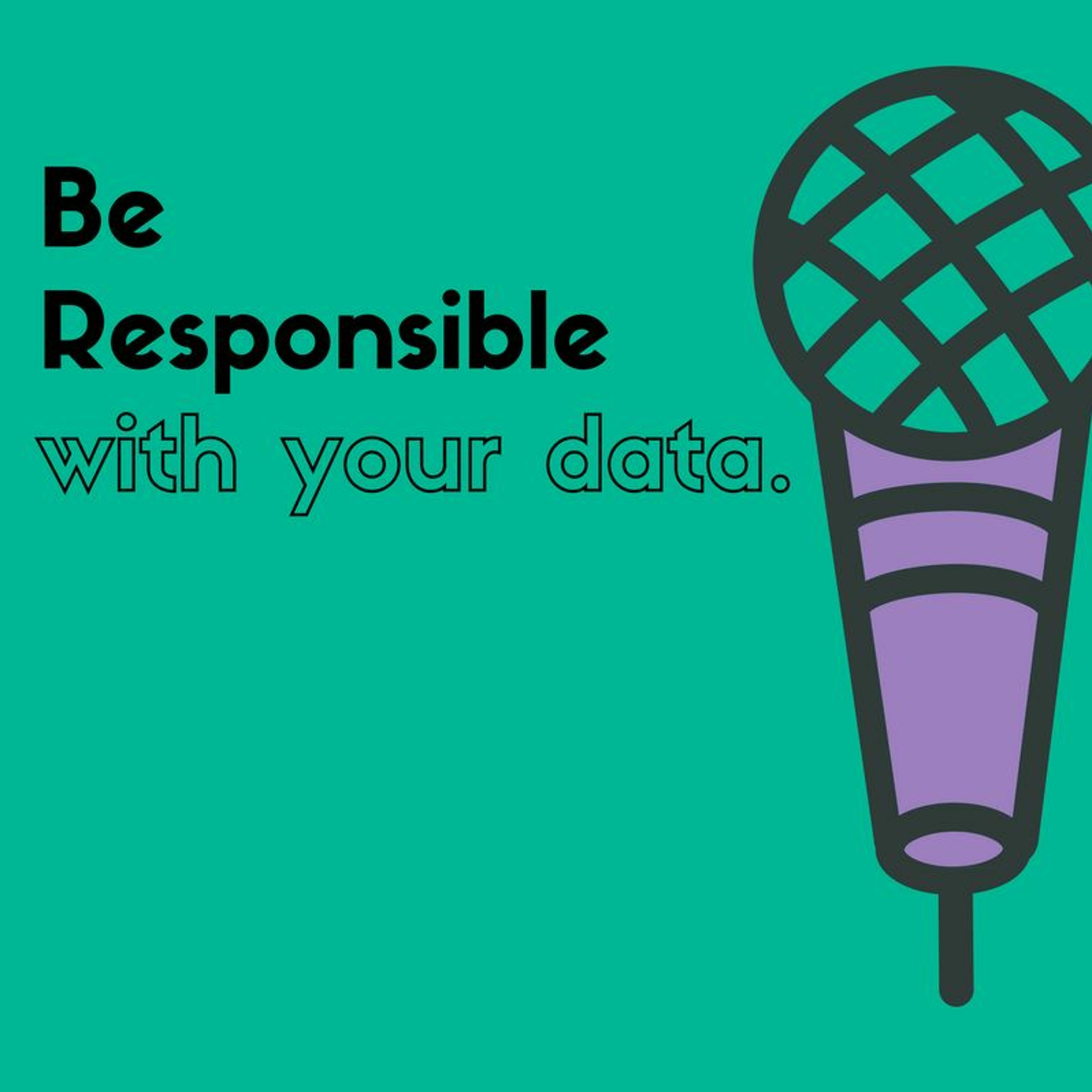
GBVIMSWhat's so dangerous about email?What’s the problem with emails? In our setting as it relates to survivor data protection, the problem is we spend all this time talking about protecting survivor data and confidentiality, safe data management, safe data storage – all for nothing when we then send emails with identifying information about survivors in it. Listen to this episode to learn more about why this is a dangerous practice and what you should advocate for instead.
2017-11-2908 min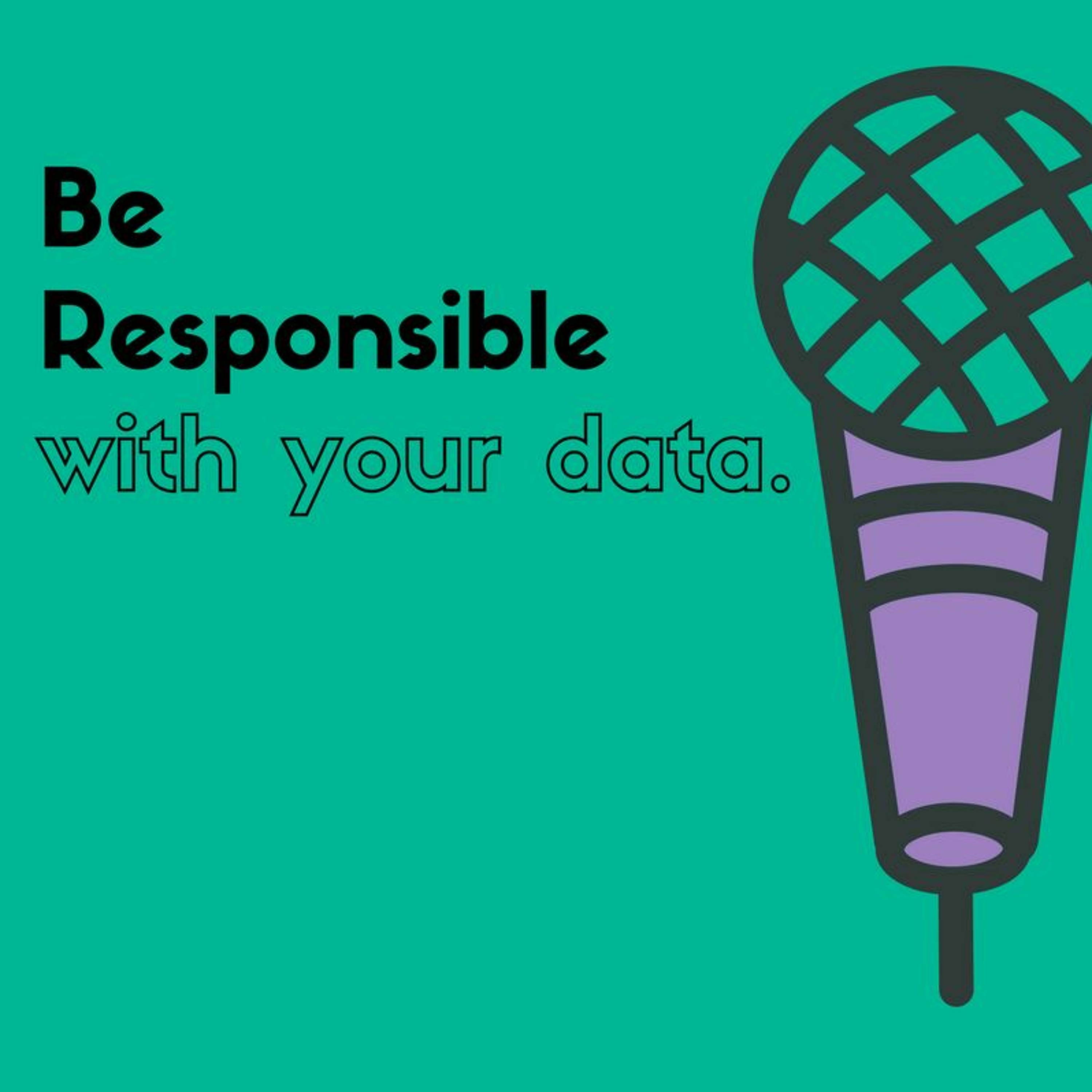
GBVIMSData TriangulationData triangulation is the practice of reviewing and validating findings by looking at multiple sources of data related to one topic or issue. In this episode, we talk about the sociological history of data triangulation as a process of combining data from different sources to understand a social phenomenon. We talk about other data sources to consider and guidance for comparing findings. What hypotheses does this data support or negate? Are there biases or limitations in the data we should acknowledge? What are other explanations? Does this lead to something we can take action on?
2017-11-2216 min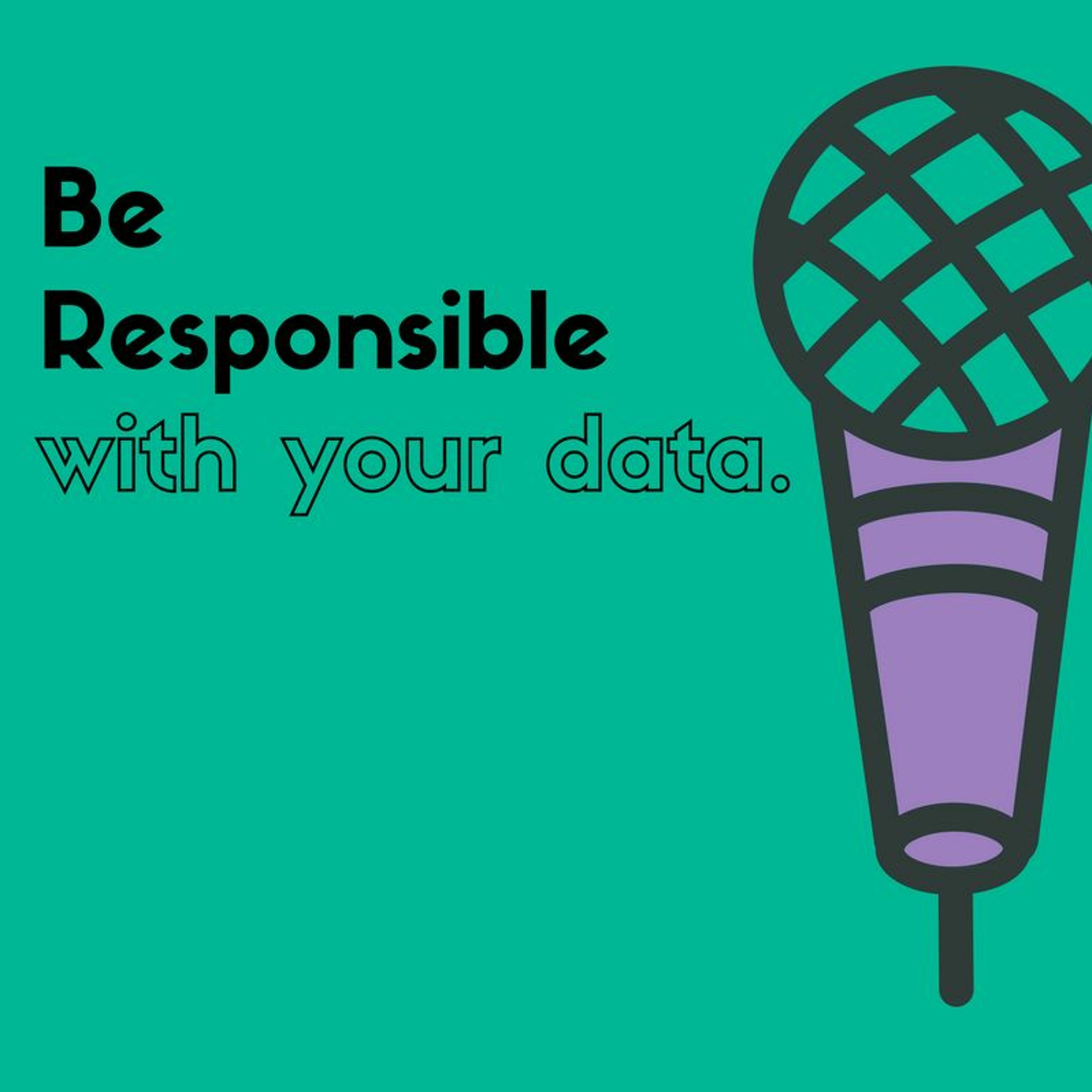
GBVIMSData MappingData mapping, also called information mapping, is the practice of visual representing the inputs, outputs, resources and flow of data. It can be highly beneficial when starting to implement the GBVIMS or when your program structure or coordination responsibilities change to conduct an information management mapping exercise. This is a constructive first step in designing the flow of a functional information system and will help in later planning. In this episode we talk about the process and the importance and practical steps. You can also learn more by watching our video short on the topic: https://youtu.be/KeMyjtGdJE0
2017-10-3110 min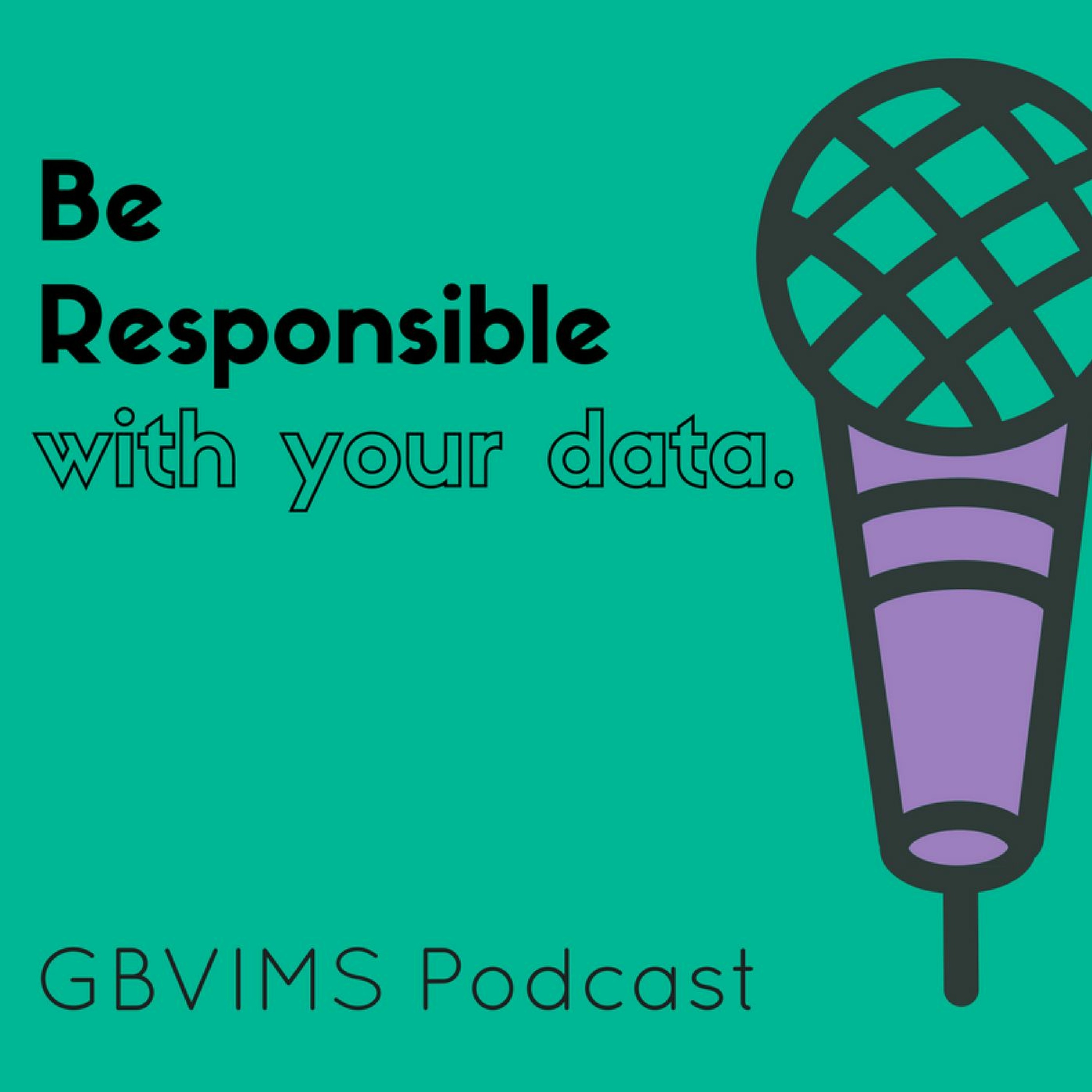
GBVIMSOops! Breaches of the Information Sharing ProtocolIn this episode, we're talking all things breaches. What is a breach? What is the spectrum of breaches? How do you resolve a breach of the information sharing protocol? Listen, learn, and prevent breaches from happening in the first place.
2017-10-1811 min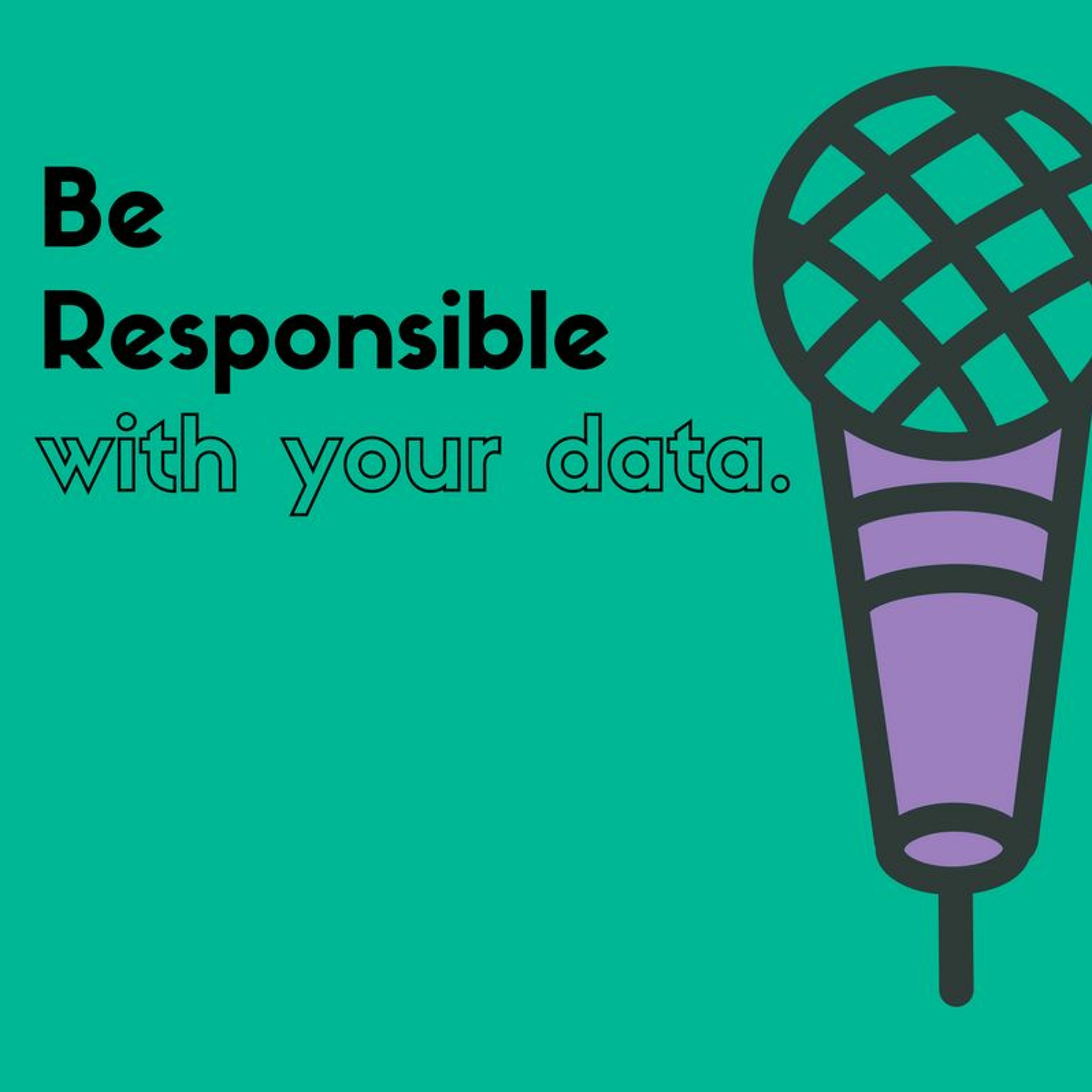
GBVIMSData Protection Principles and PracticesData protection is the act of protecting personal information in how it is collected, stored, used, and shared. It is a crucial component of upholding our responsibility to survivors in ensuring their control of their data and protecting what data they have consented to be shared. In this episode, learn about the importance, when data is protected, and an overview of tools available.
2017-10-0417 min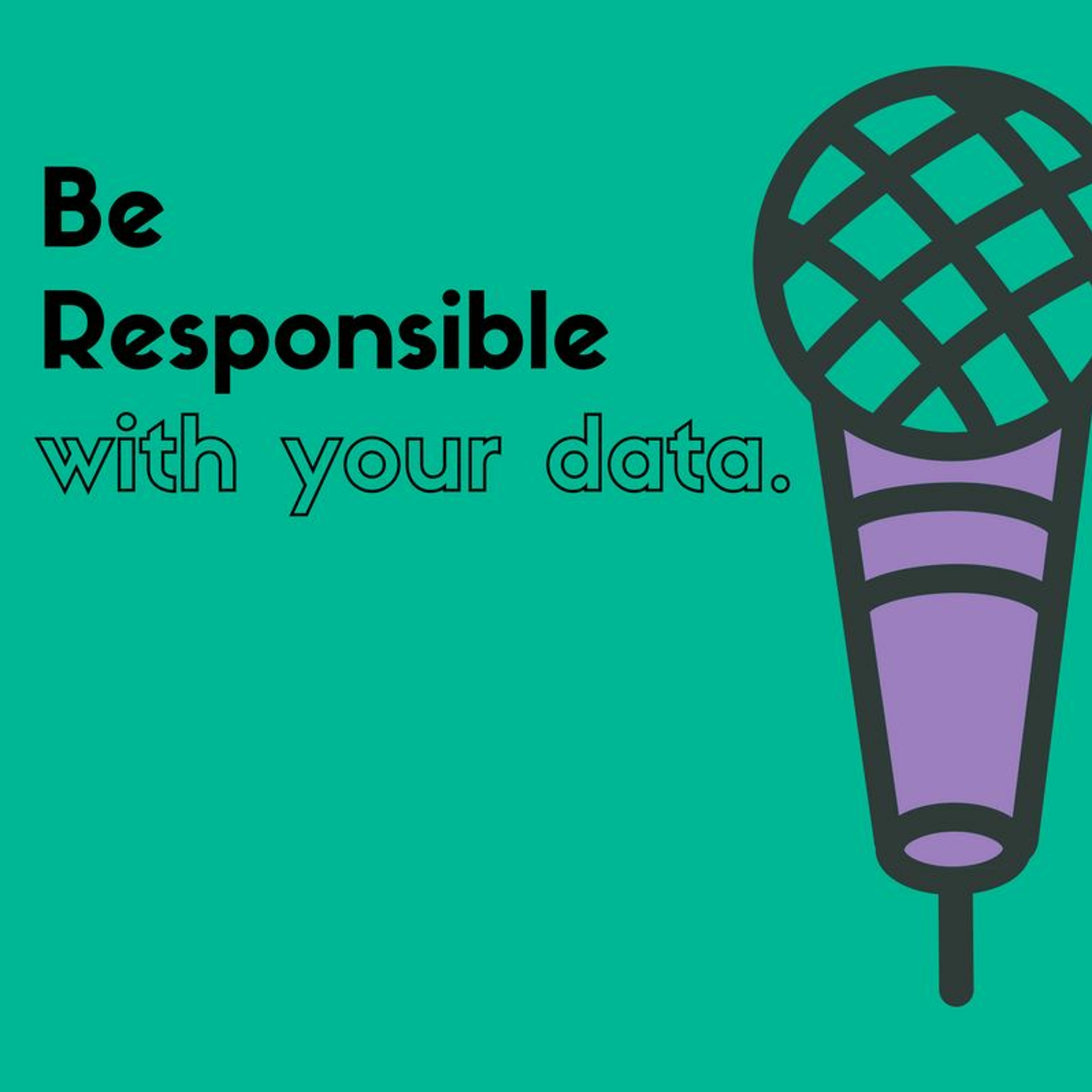
GBVIMSDo we take protection of survivor data seriously enough?In this episode, we discussed the recent Guardian article from the Secret Aid Worker blog that poses the question: do we take data protection of vulnerable populations seriously? Read the article here: https://www.theguardian.com/global-development-professionals-network/2017/jun/13/secret-aid-worker-we-dont-take-data-protection-of-vulnerable-people-seriously
2017-09-0817 min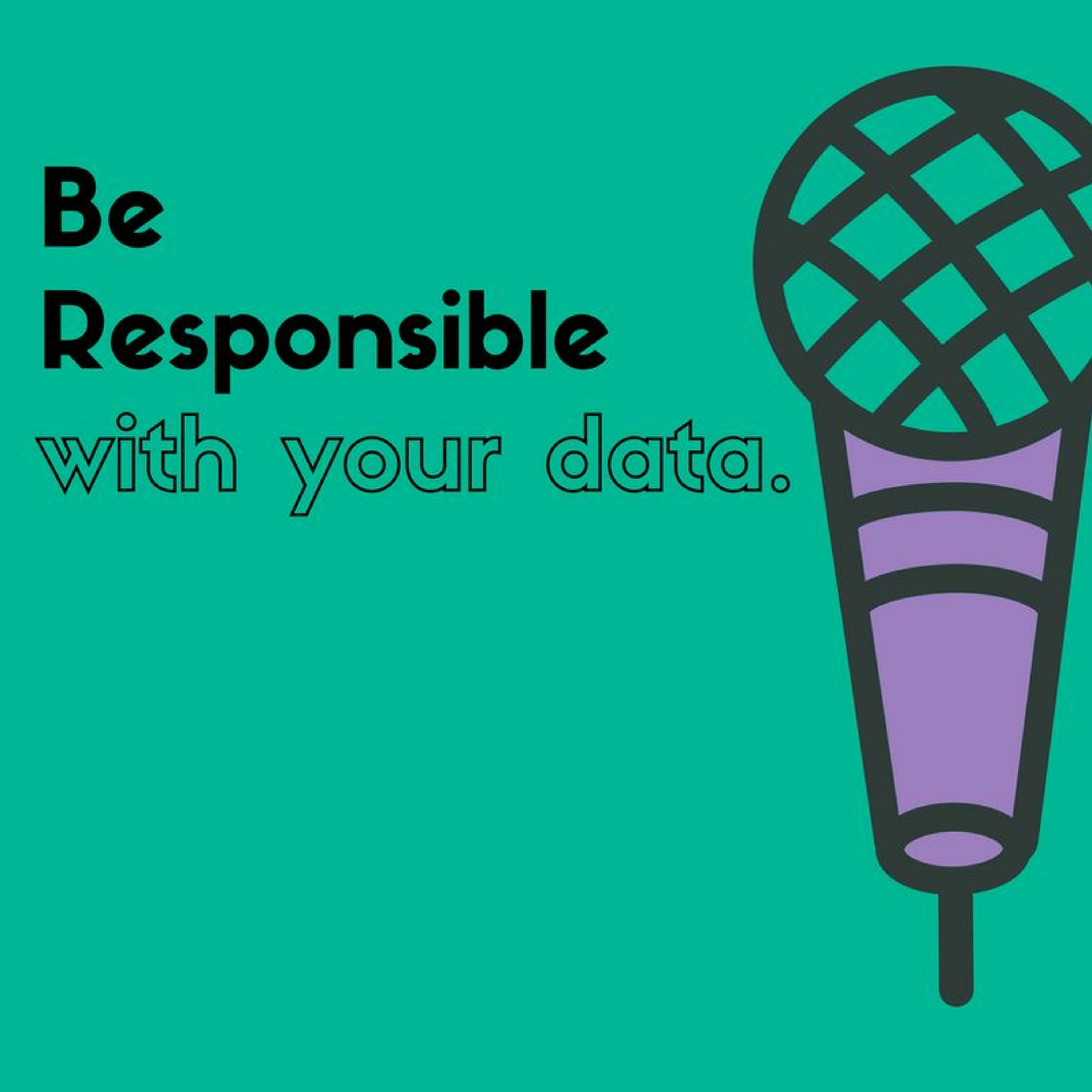
GBVIMSInter-Agency Gender-Based Violence Case Management GuidelinesCase management is the core function of gender-based violence response programming. In this episode, Meghan O'Connor talks about the recently released Inter-Agency Gender-Based Violence Case Management Guidelines (available at gbvresponders.org)
2017-08-2315 min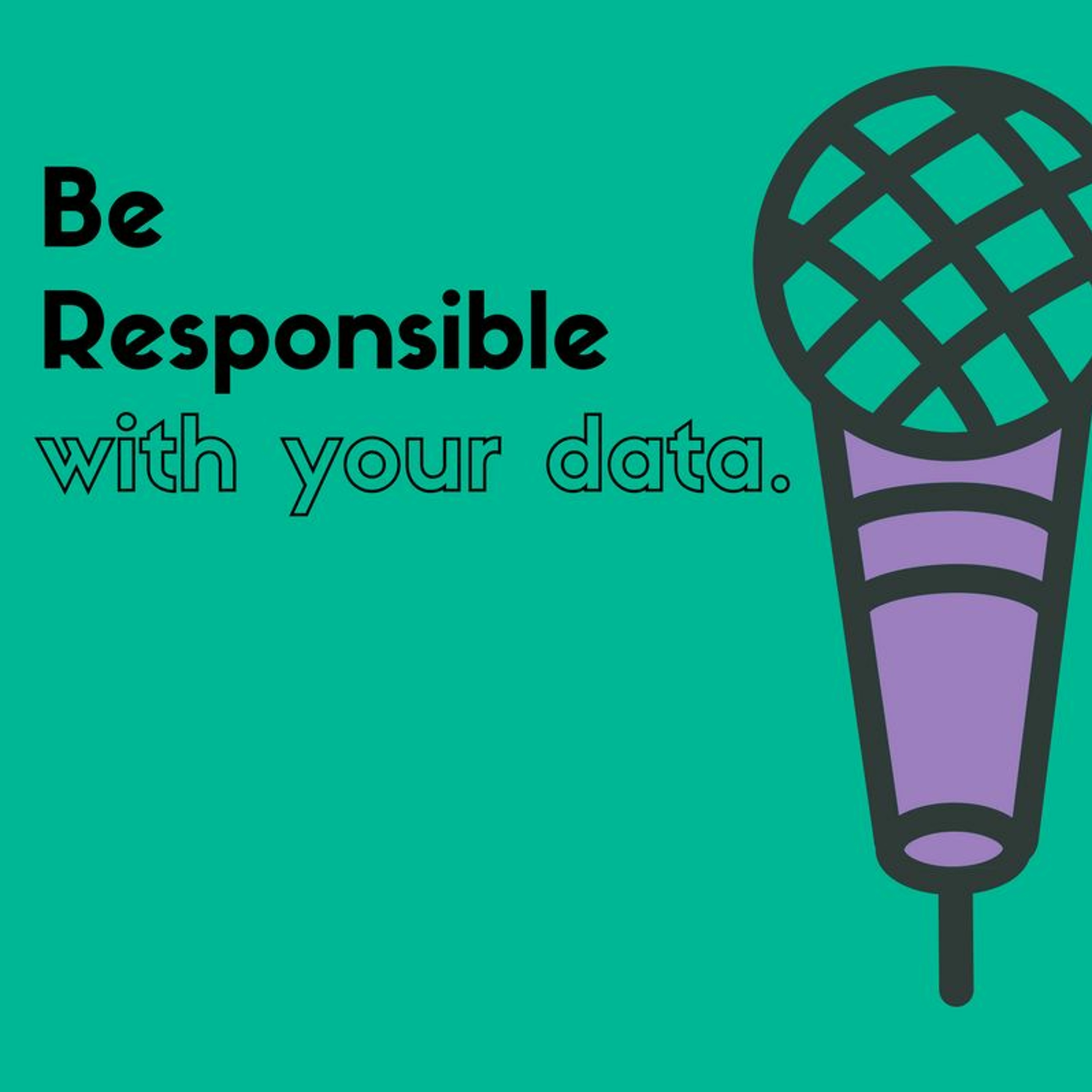
GBVIMSLinking Data Analysis with Programming: LebanonThis is the second in our series of Linking Data Analysis with Programming - covering how the GBVIMS inter-agency group used their data to inform their coordination, advocacy and response. Read the whole story here: http://www.gbvims.com/learn-more/linking-data-analysis-to-programming/
2017-06-2110 min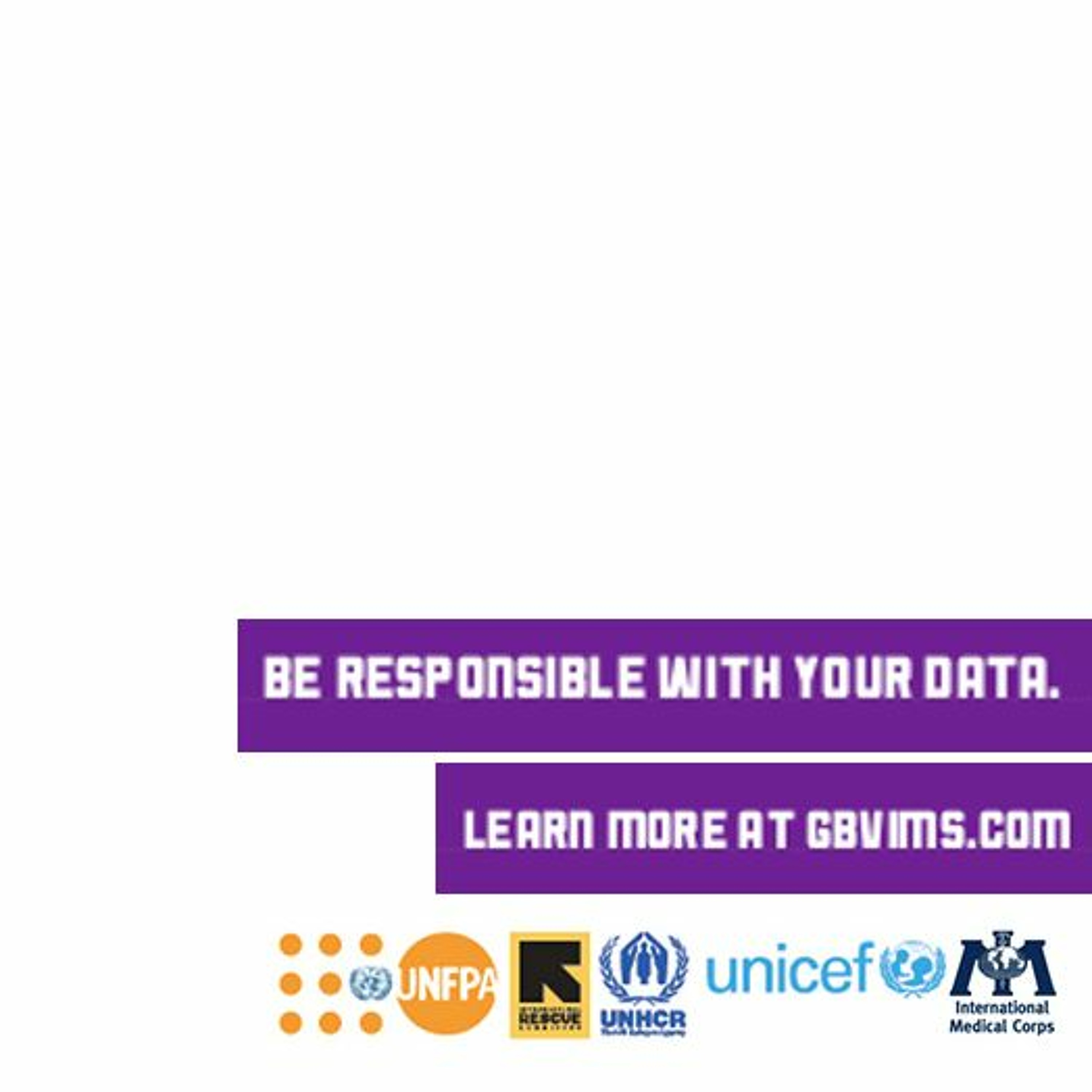
GBVIMSWhat is the Child Protection Information Management System (CPIMS)?The Child Protection Information Management System is a practical, field-level tool that supports effective and timely case management of individual vulnerable children. It is comprised of database software and accompanying resources and guidance documents. In this episode, we talk all things CPIMS and get a peek into how the CPIMS and GBVIMS relate.
2017-06-1413 min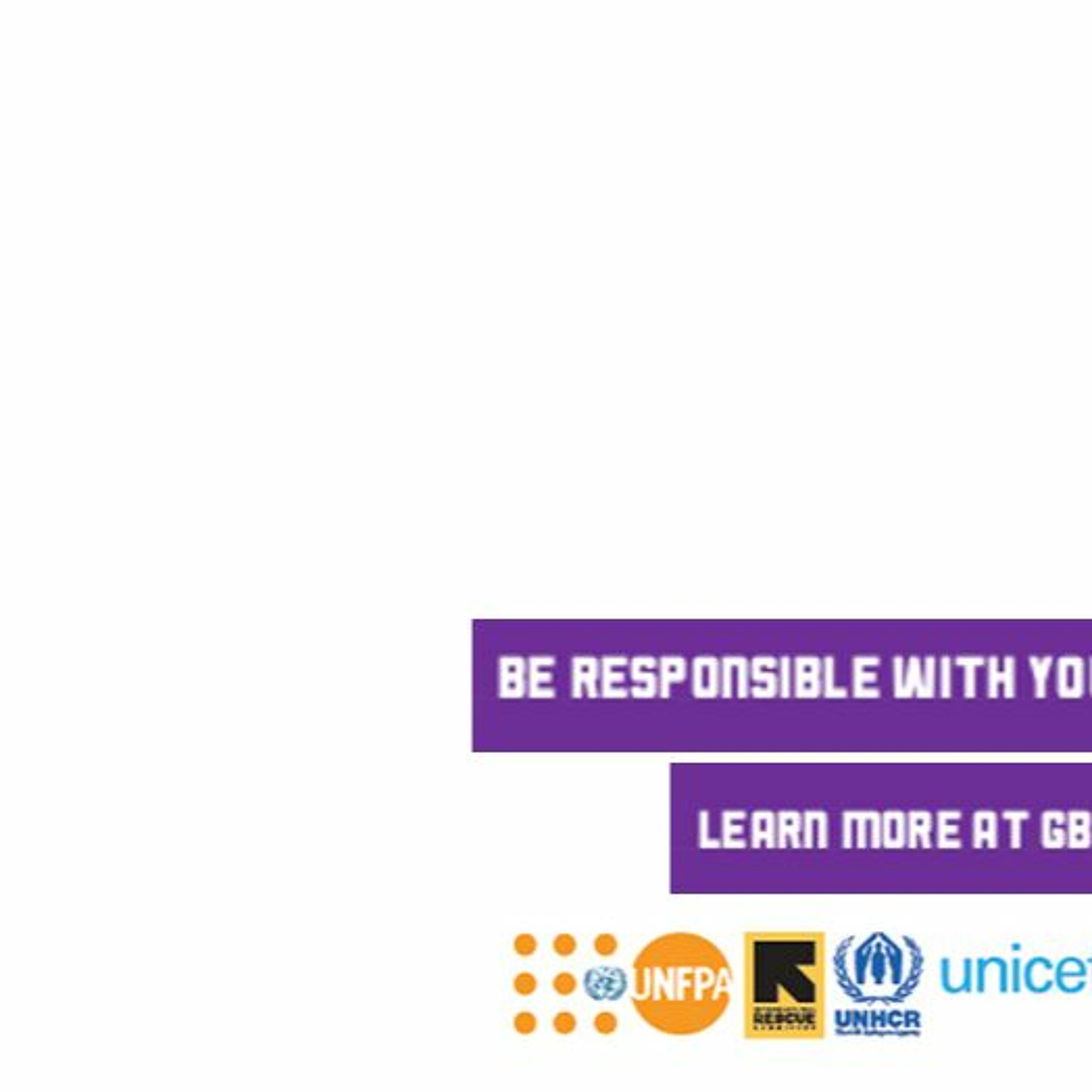
GBVIMSWhat to expect when you're rolling out the GBVIMSFrom initial assessment to care and maintenance, learn about the process and what you can expect in rolling out the GBVIMS
2017-05-2014 minGBVIMSHow to Conduct a Data Analysis SessionAnalysis is a key part of the information management process. In this episode we talk about how to conduct a data analysis session. We cover the purpose, how to include other sources of data, and we review the four steps of data analysis as well as 10 practical tips on how to conduct a data analysis session.
2017-01-0316 minGBVIMSData Points to Analyze Part 1: Number, Relationship, Location, Referral PathwayThe first in our new series on data points to look at for analysis. This one covers the overall incident number, the perpetrator-survivor relationship, incident location and the referral pathway
2016-10-0710 minGBVIMSLinking Data Analysis with Programming: Democratic Republic of CongoThis is the first in our series of Linking Data Analysis with Programming - covering International Rescue Committee's use of GBVIMS data to inform their programming. Read the whole story at gbvims.com
2016-08-1209 minGBVIMSLet's Talk about Consent-Talking about consent for services and information sharing is a tough skill to master - join us as we talk through the steps.
2016-08-0818 minGBVIMSWhat's so important about coordination?Why does coordination matter? How does good coordination impact the GBVIMS?
2016-07-1609 minGBVIMSGBVIMS: What's new with the GBVIMS?The GBVIMS enables humanitarian actors to safely collect, store, and analyze reported data on gender-based vilence and facilitates the safe and ethical share of this data with other local actors. Episode 1 gives an overview of the system and the what's upcoming.
2016-06-0705 min